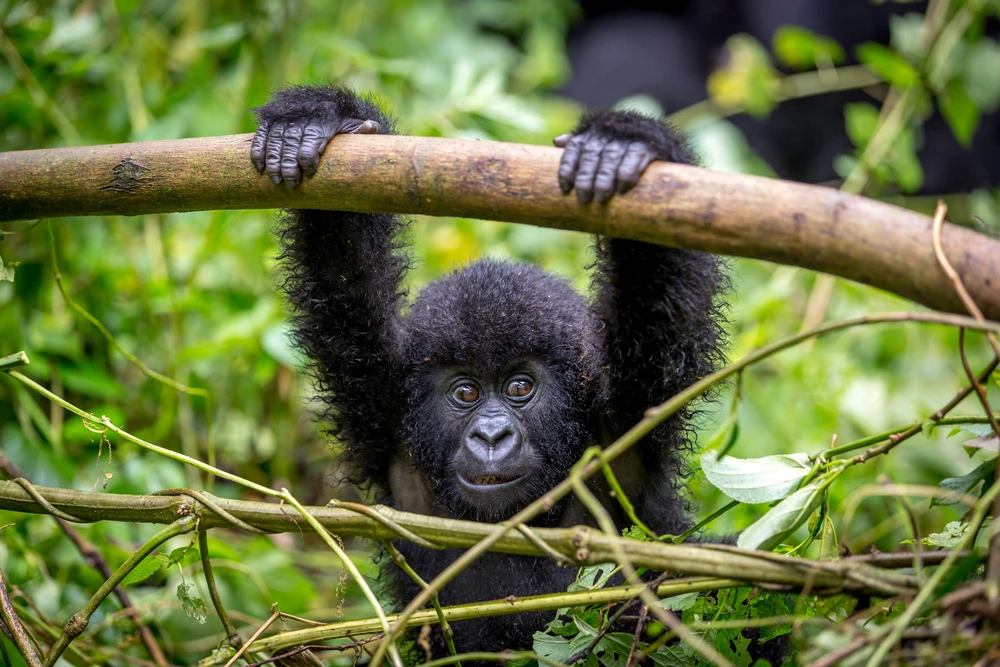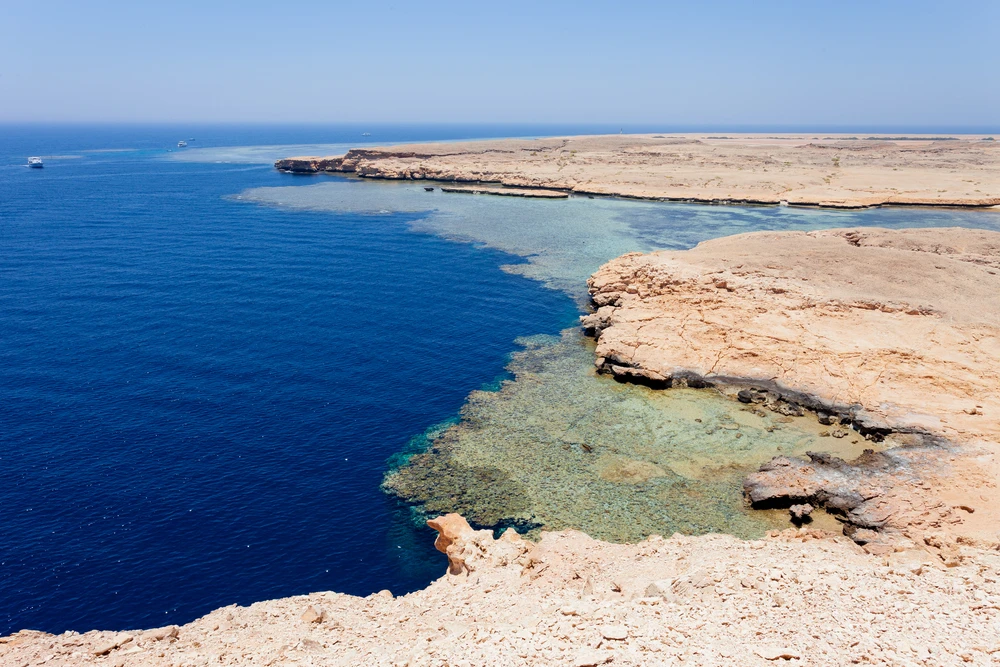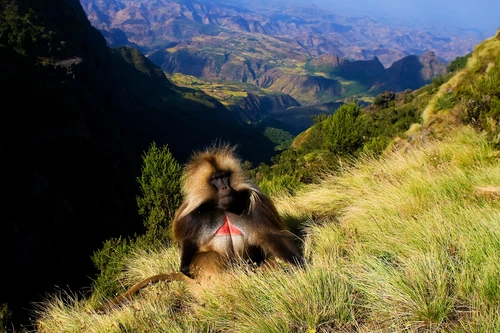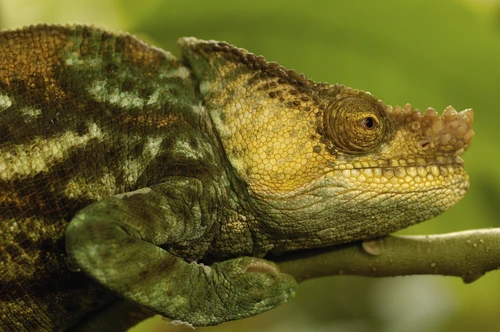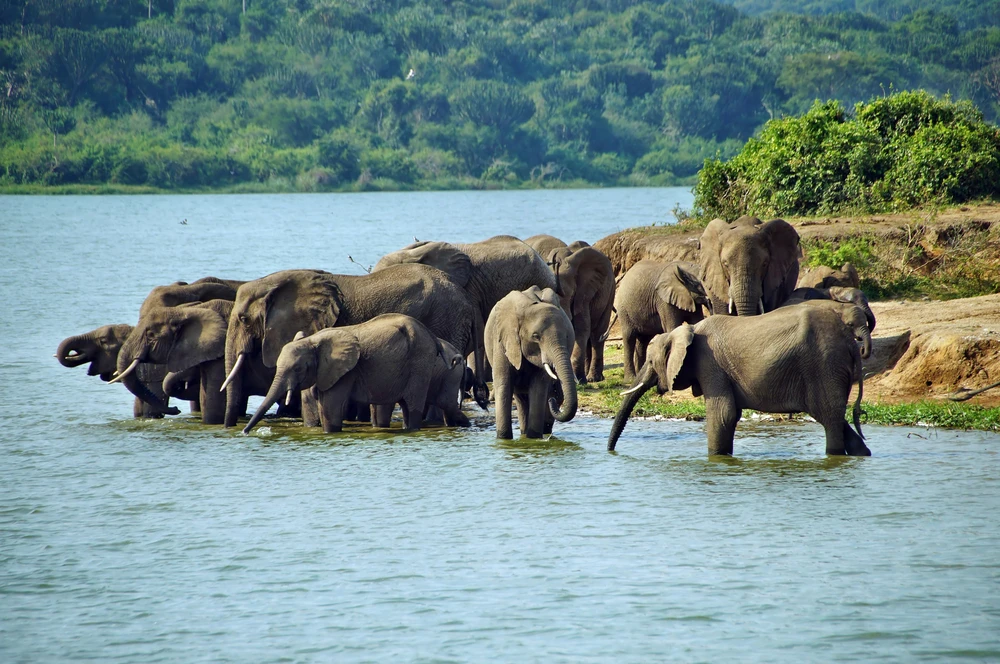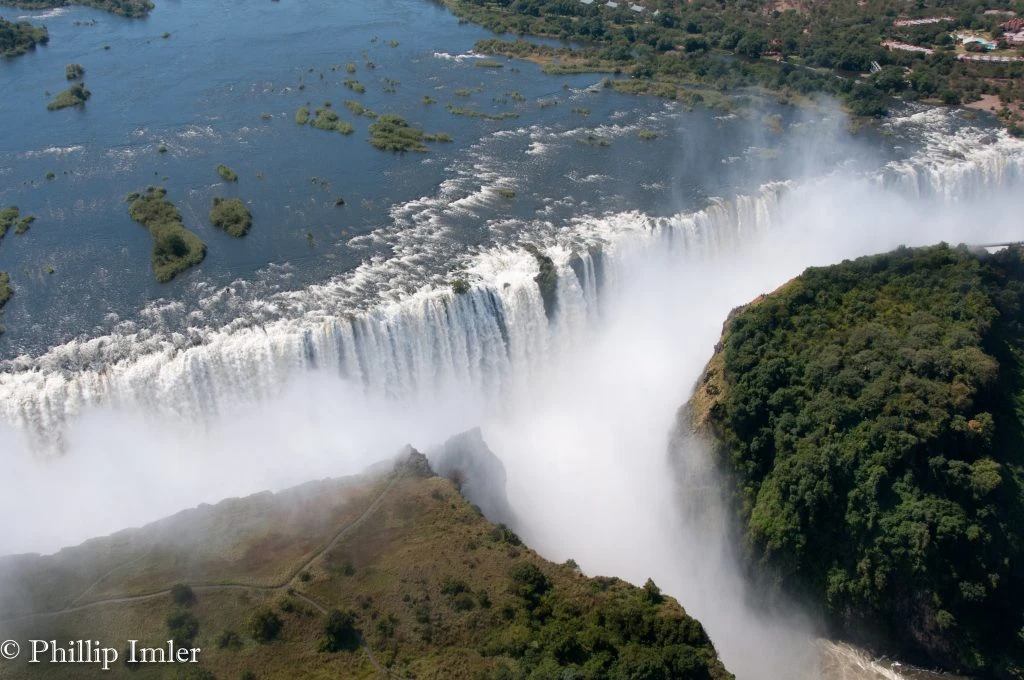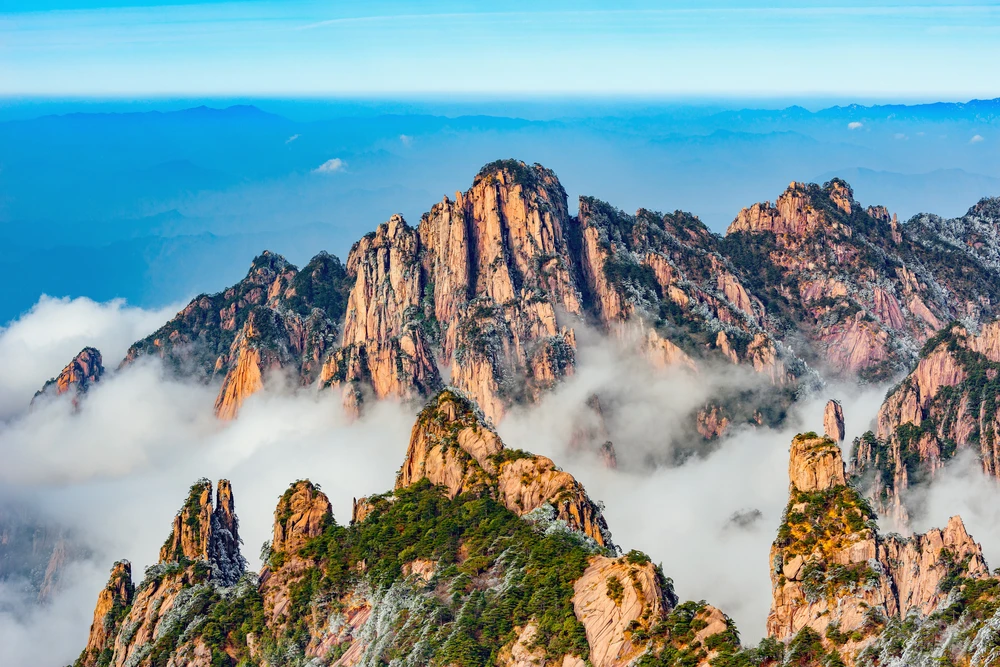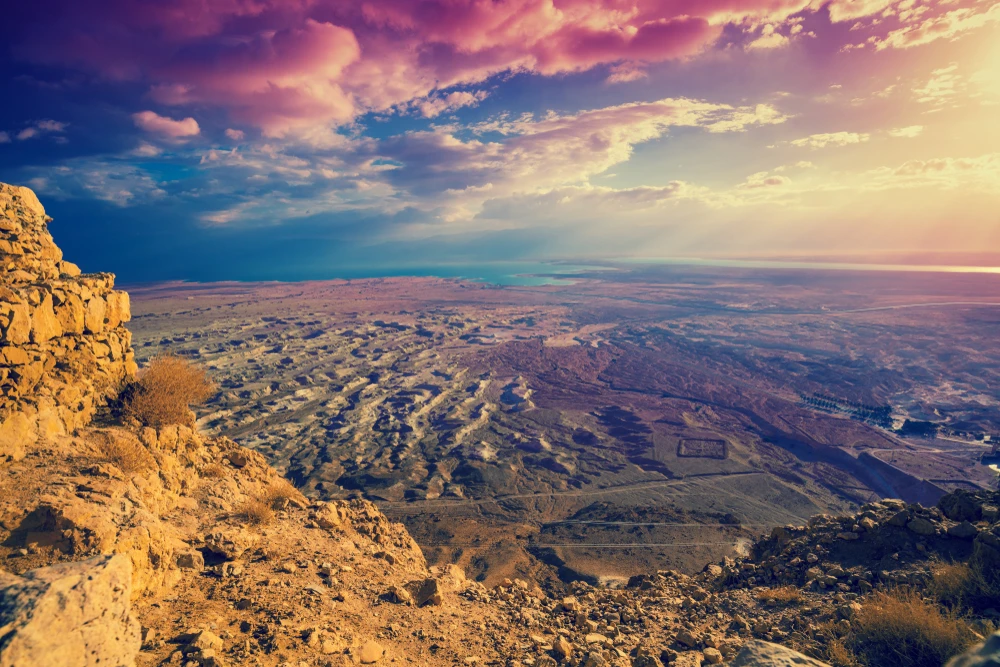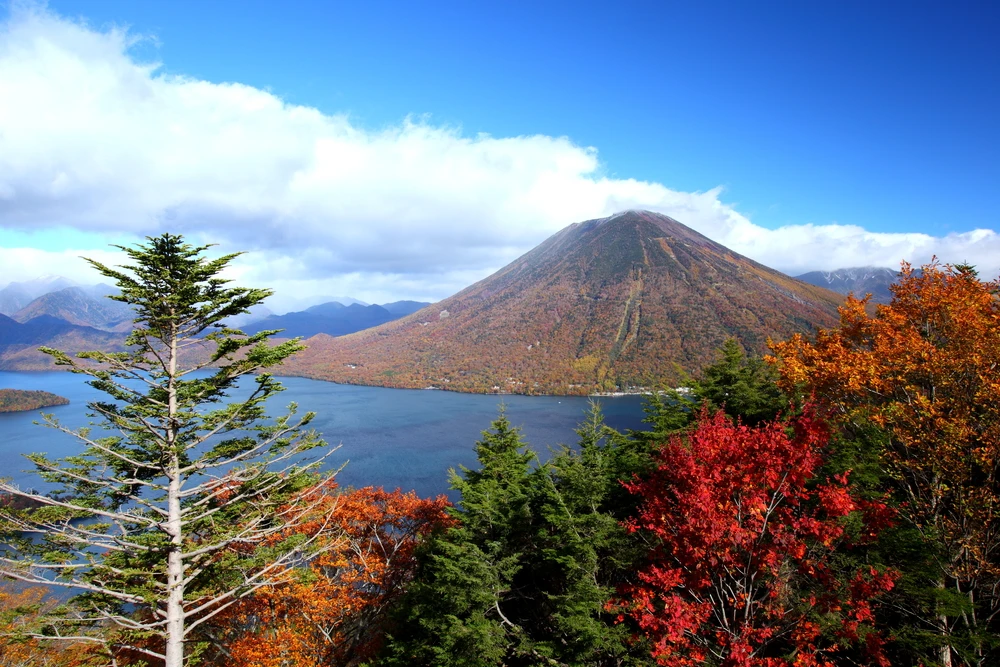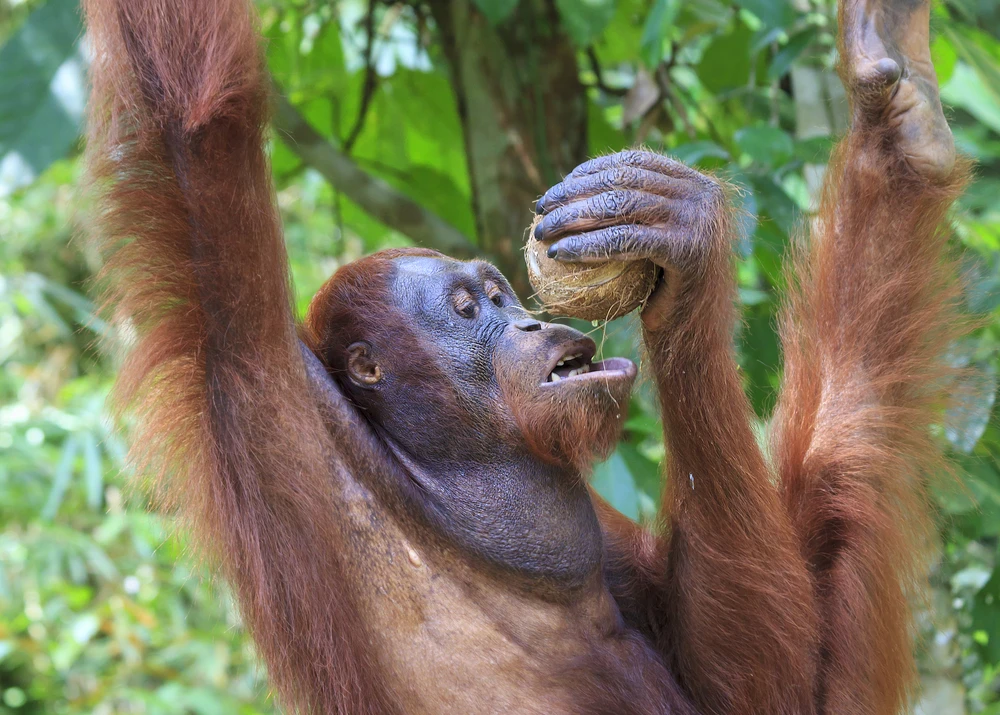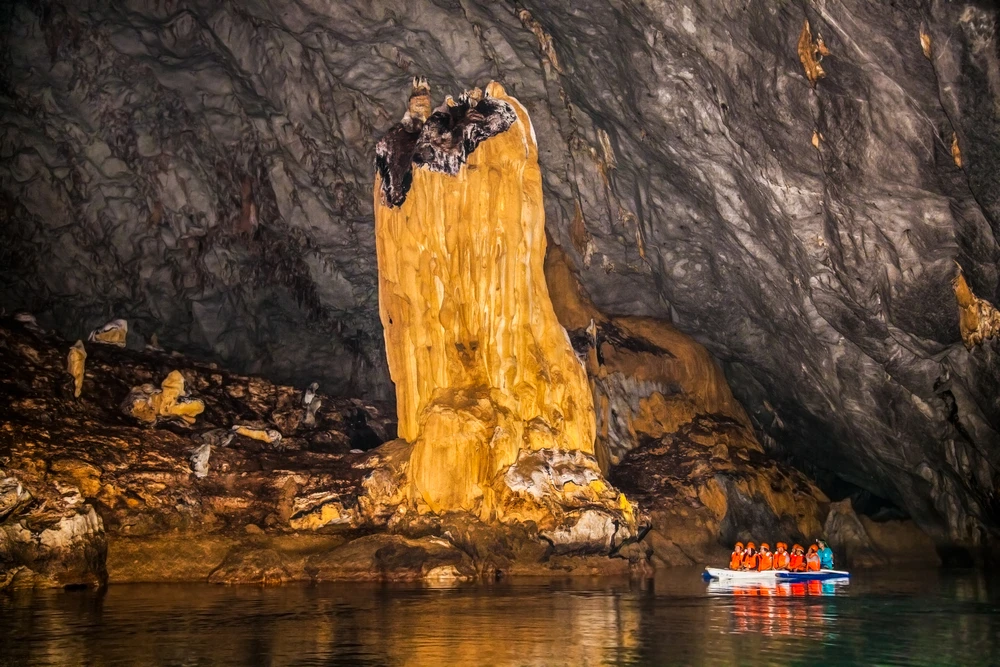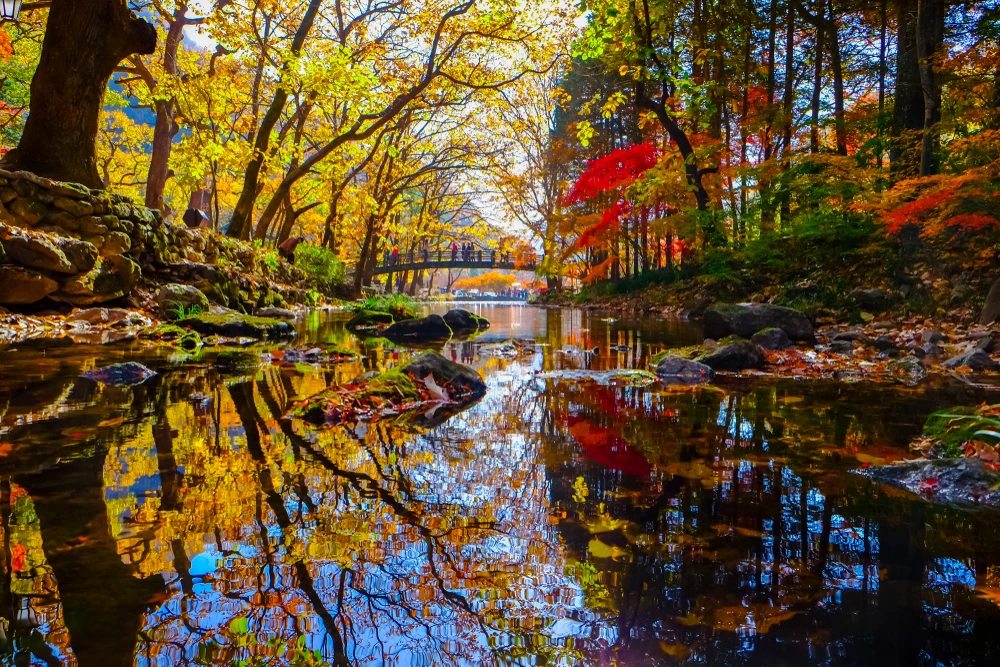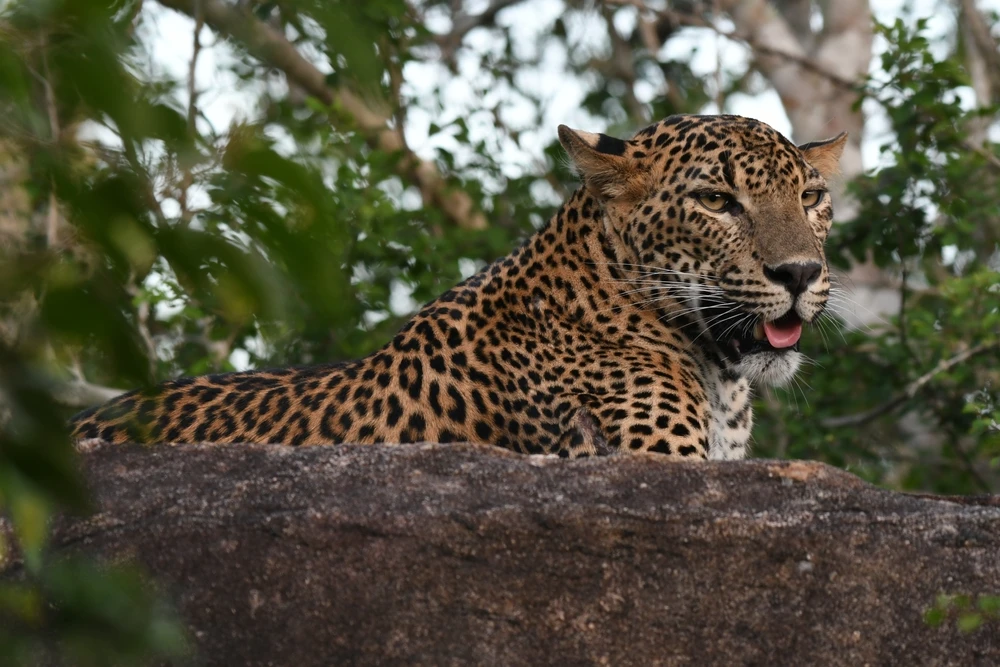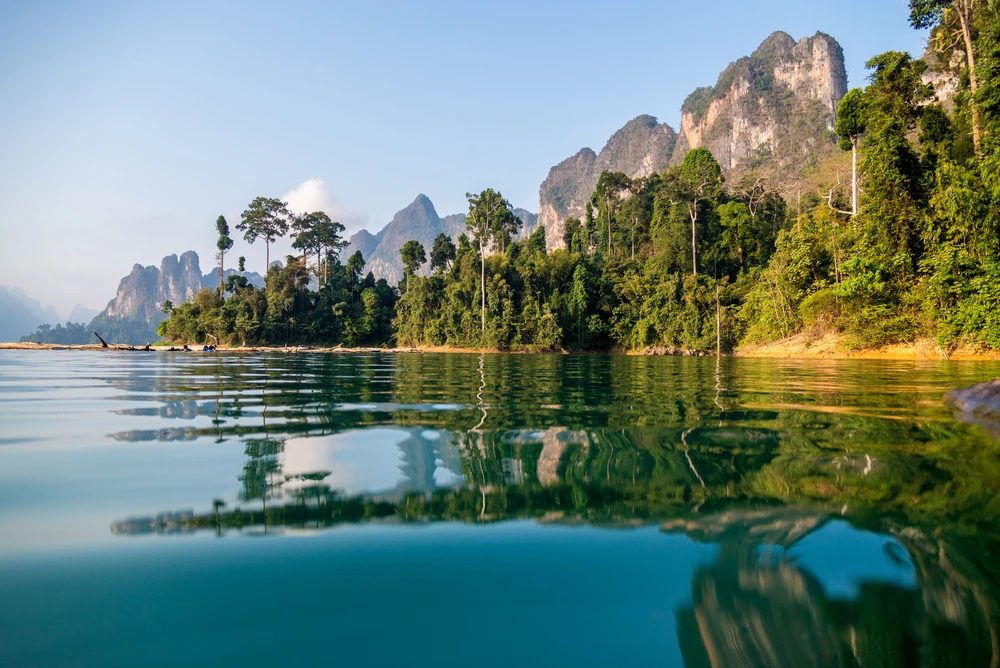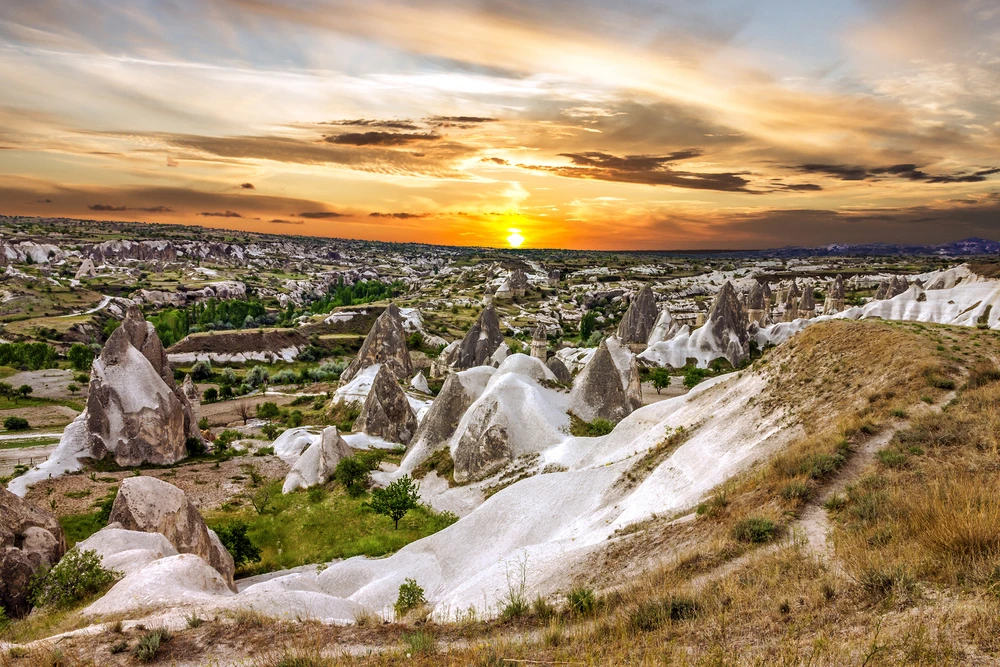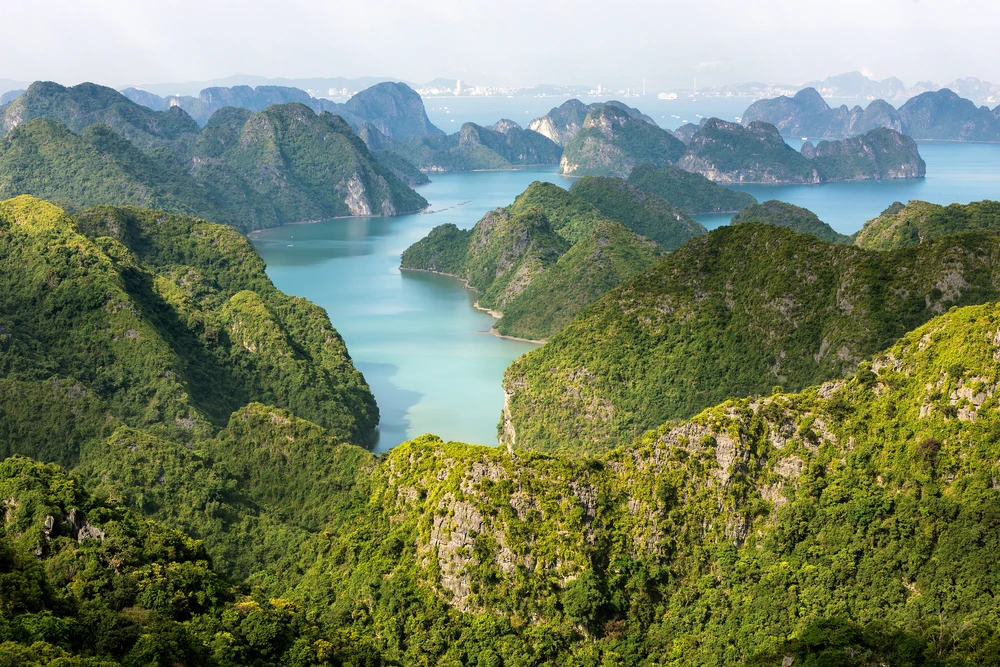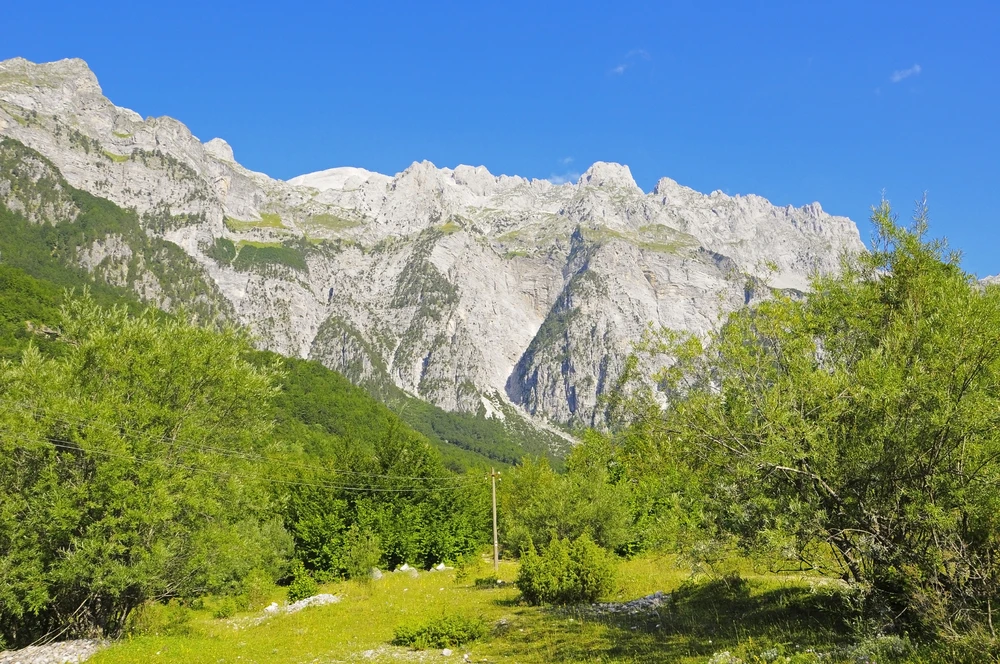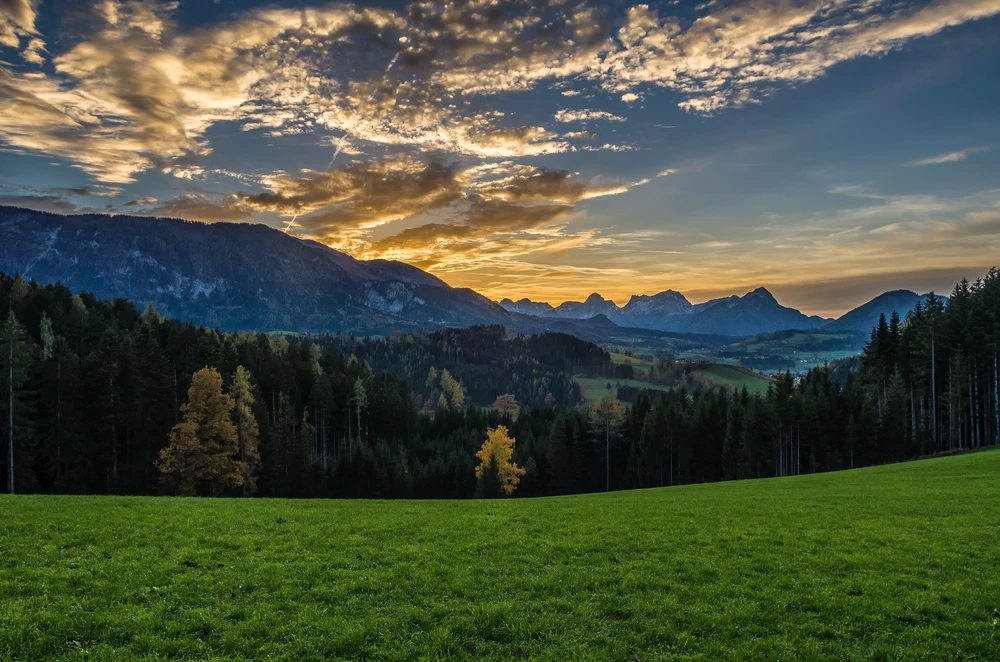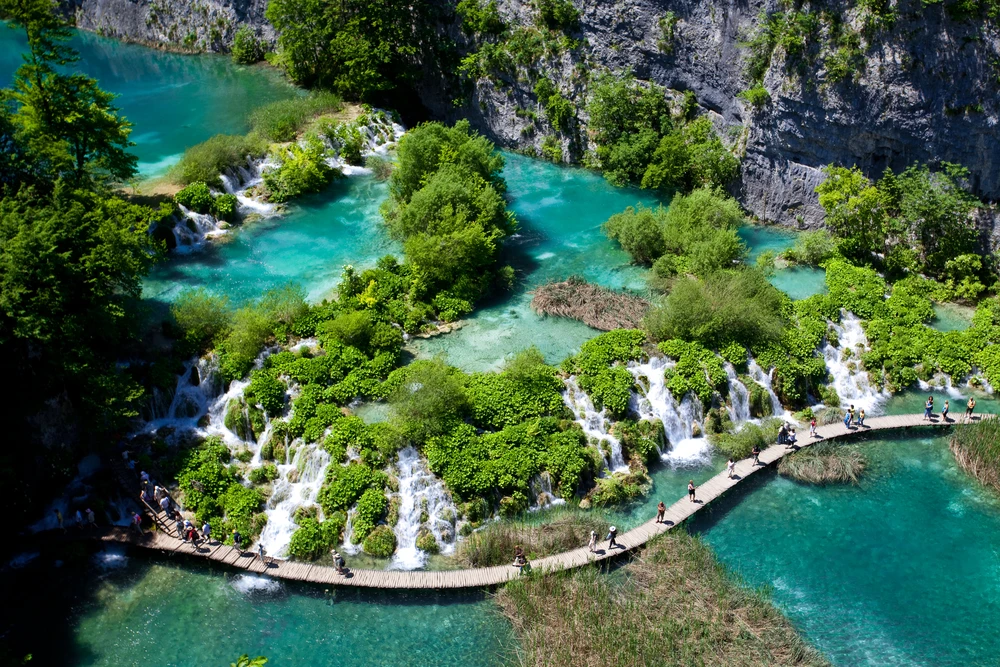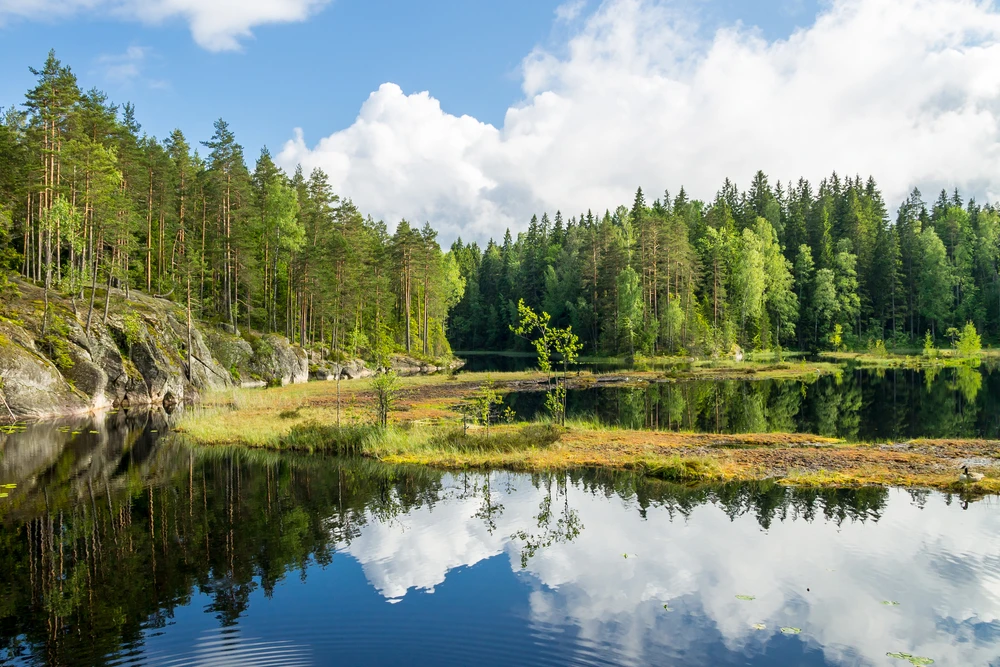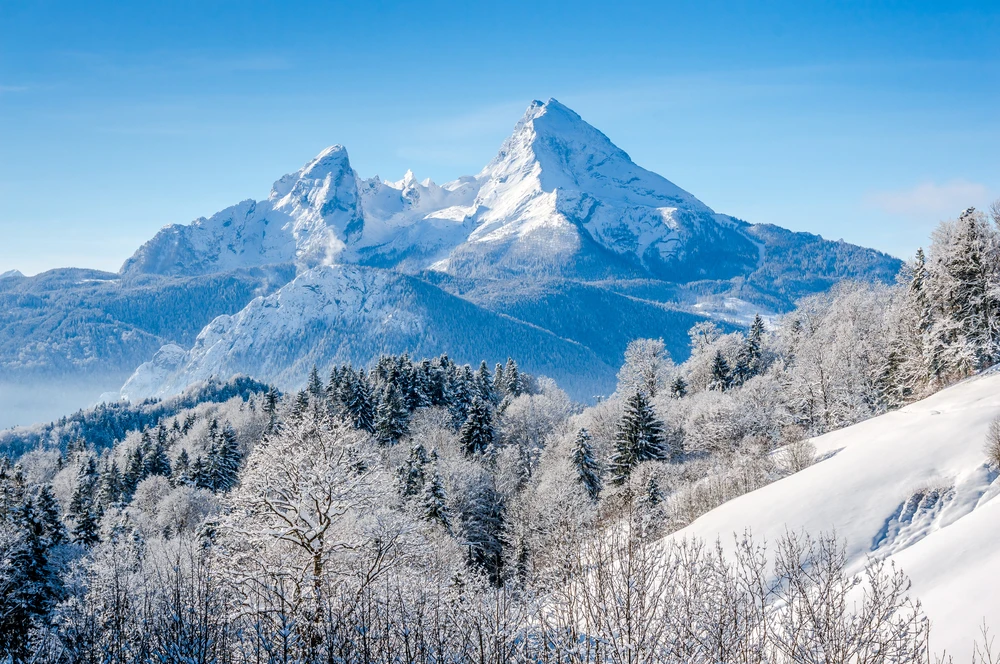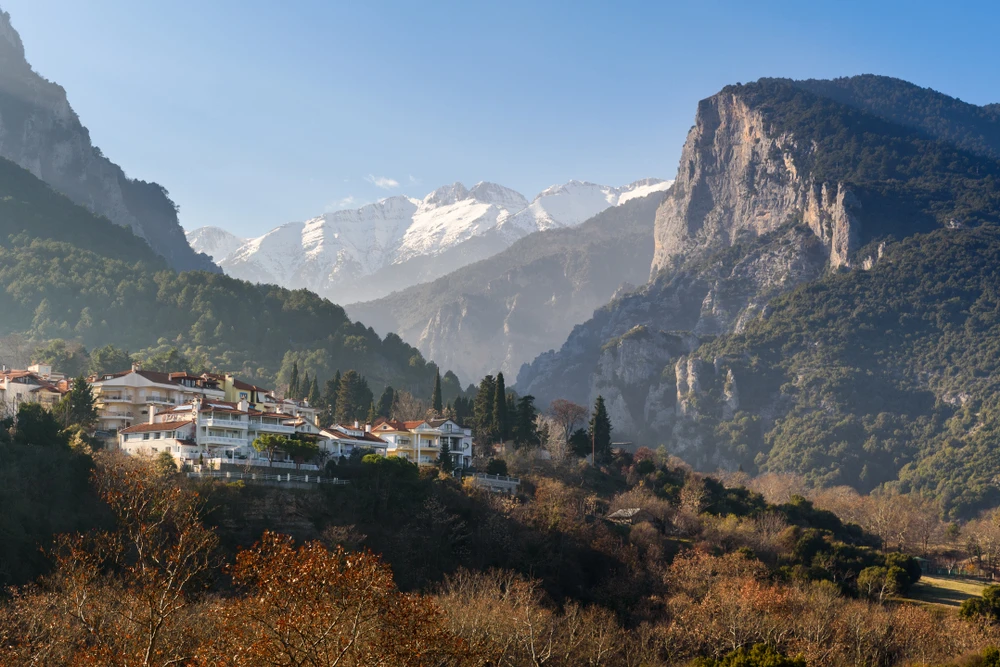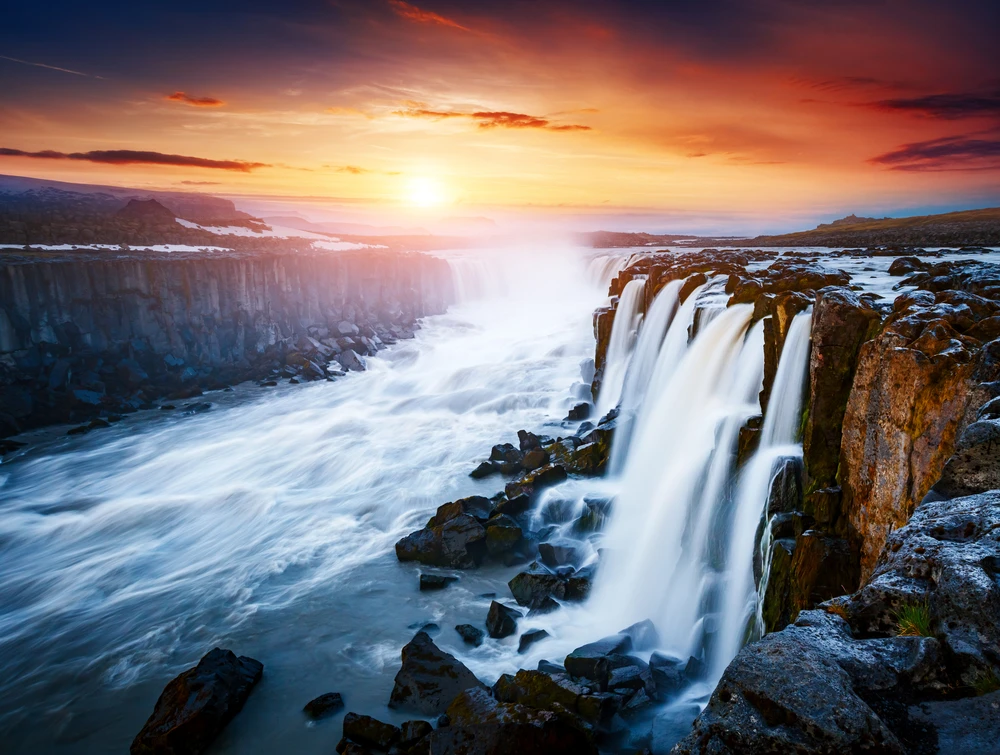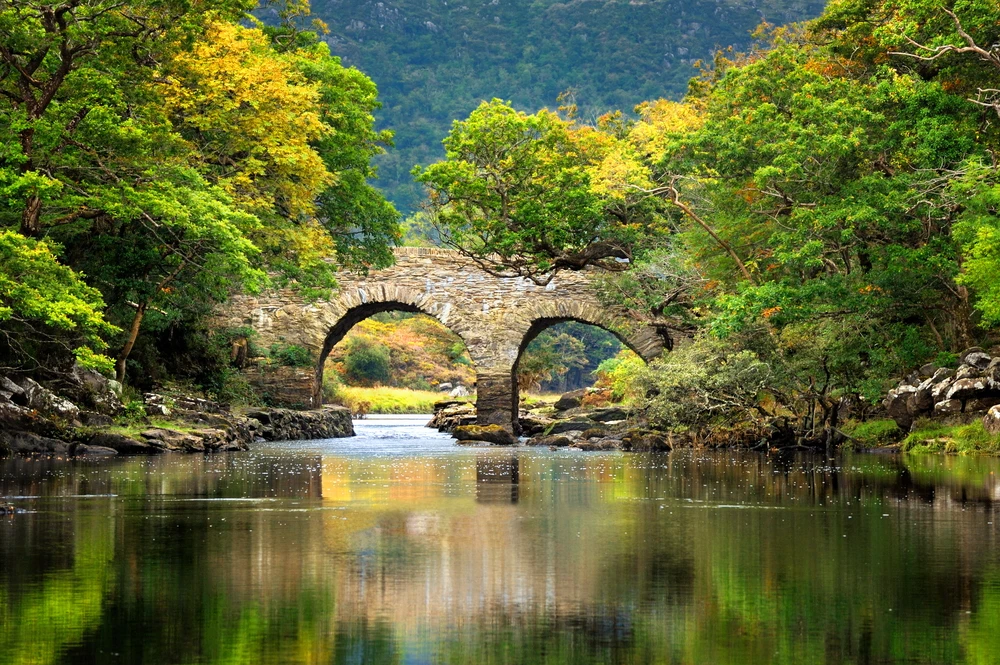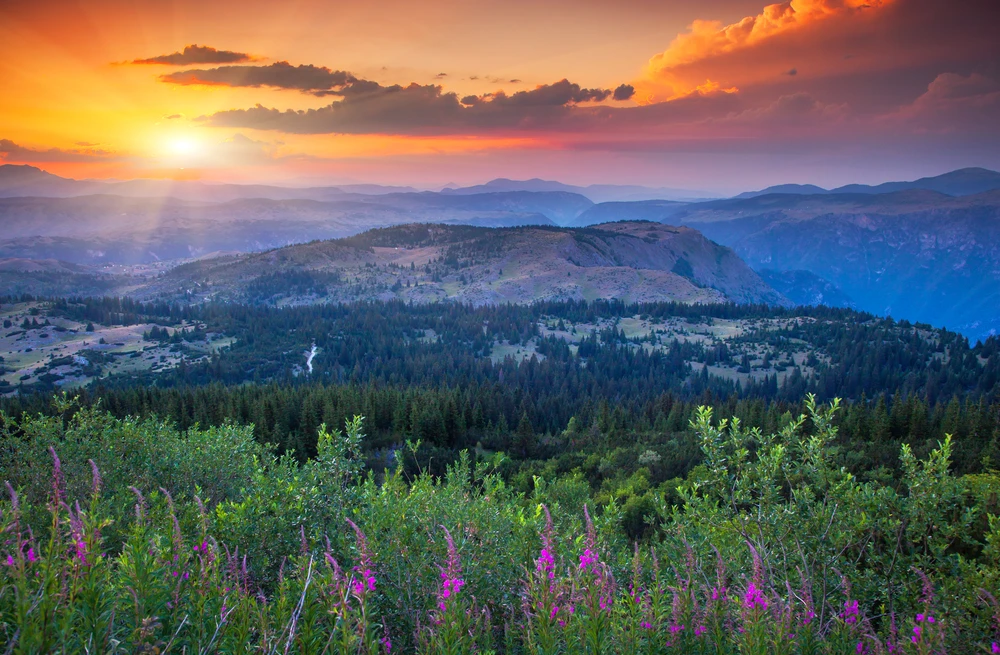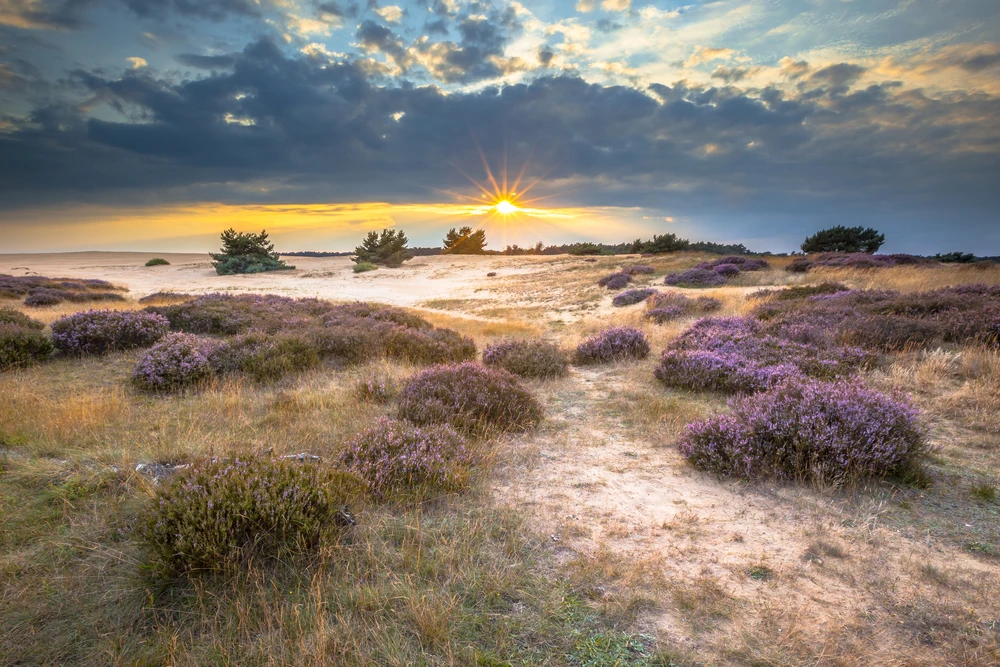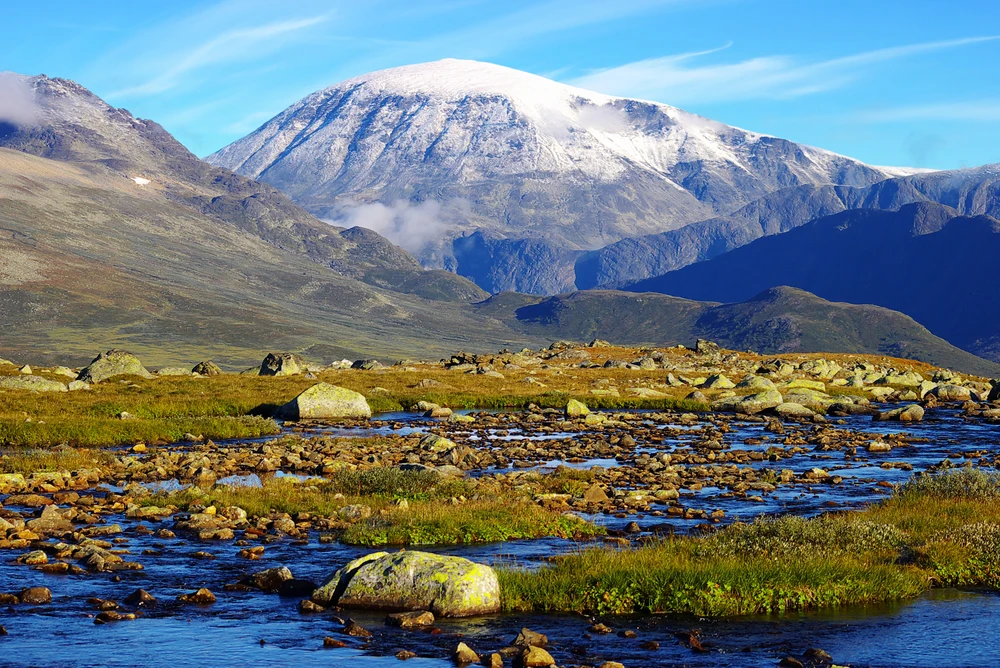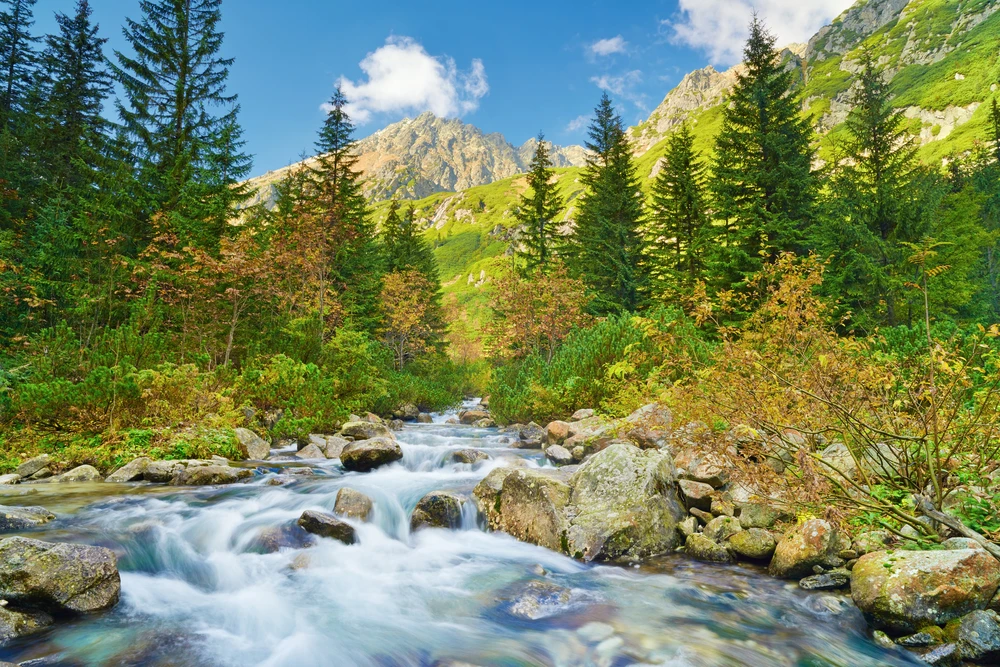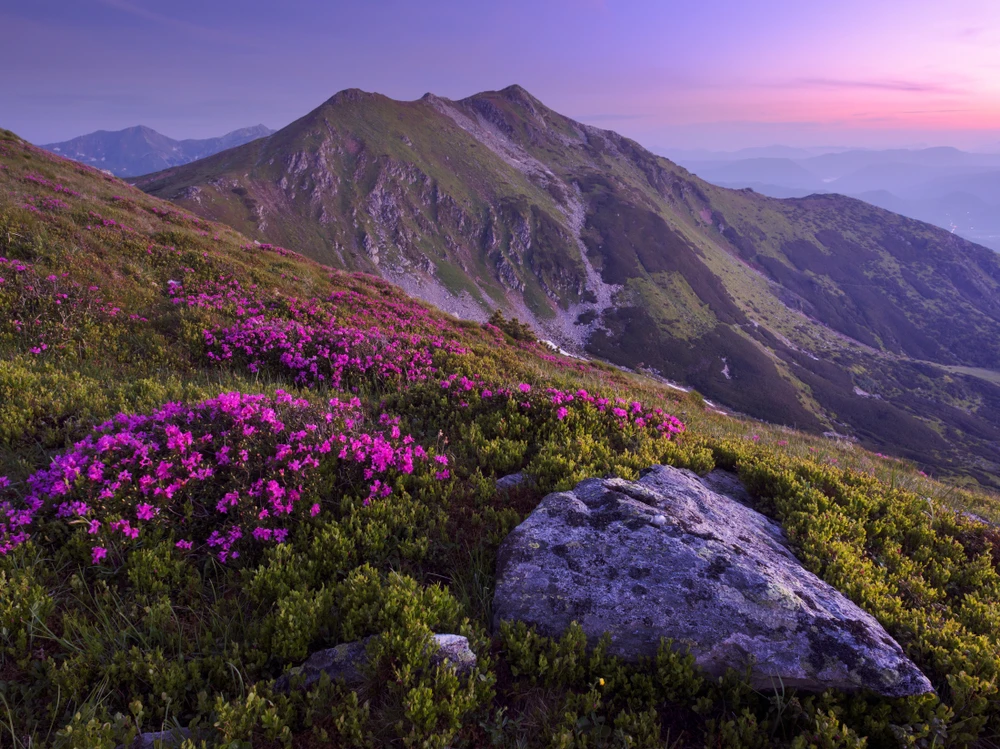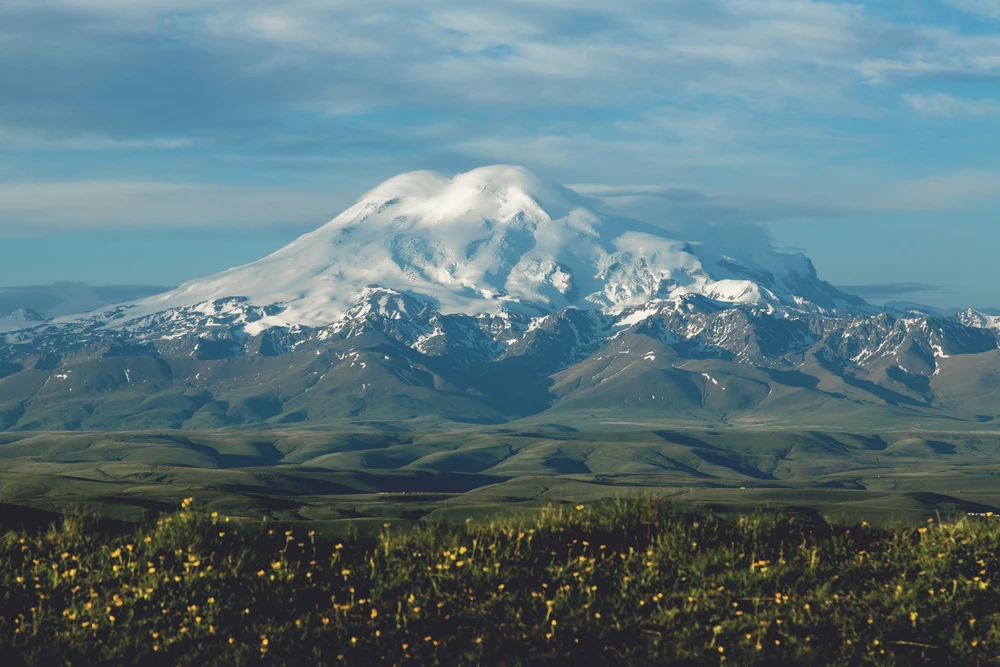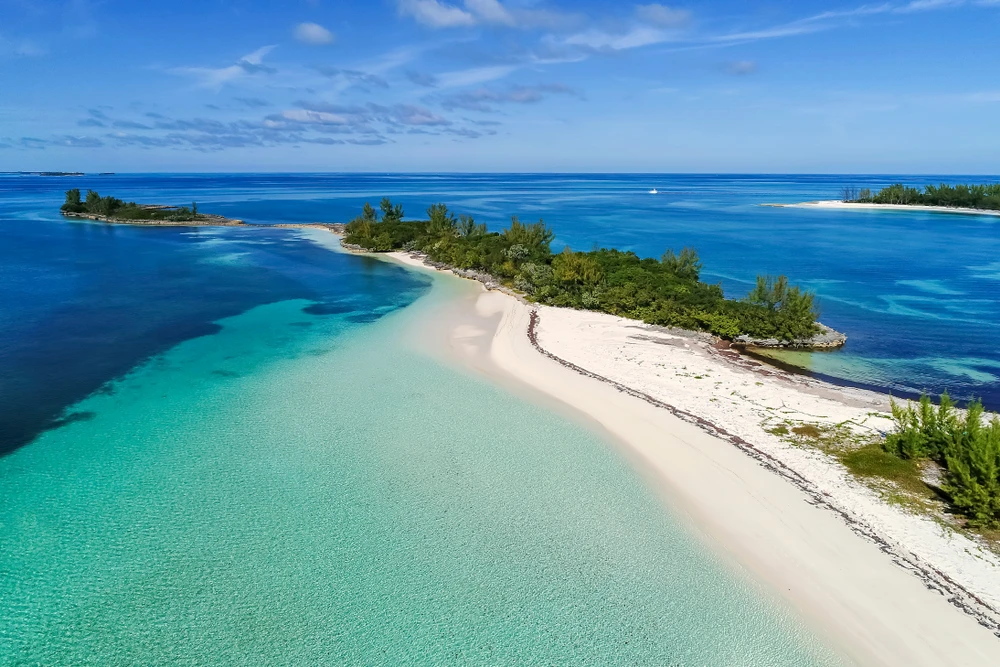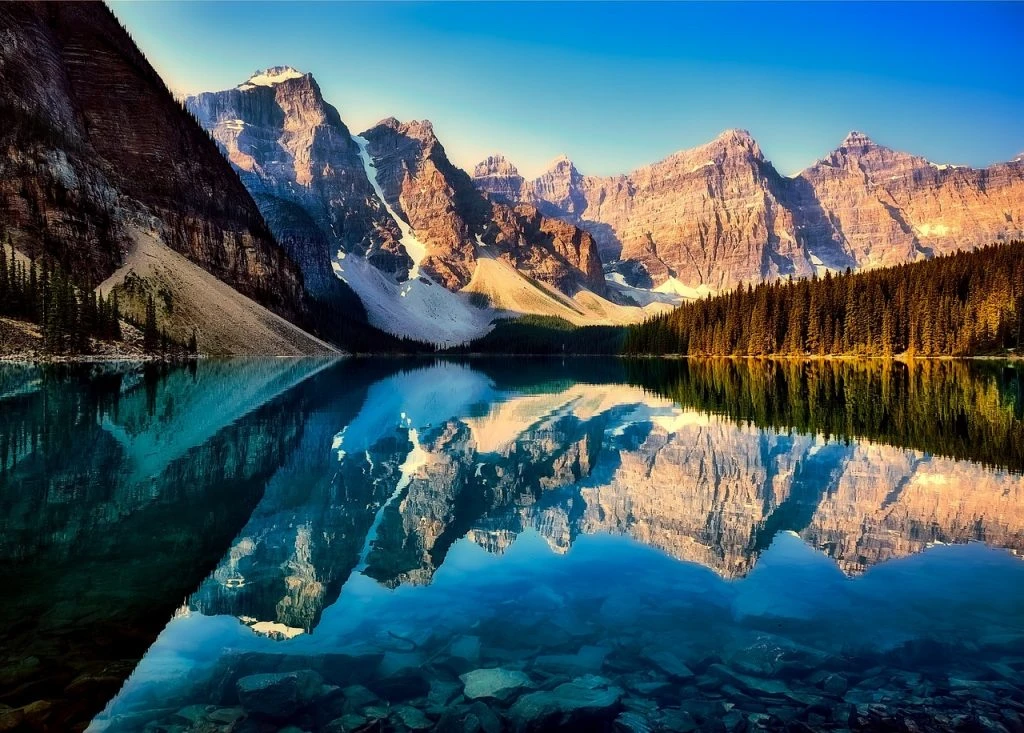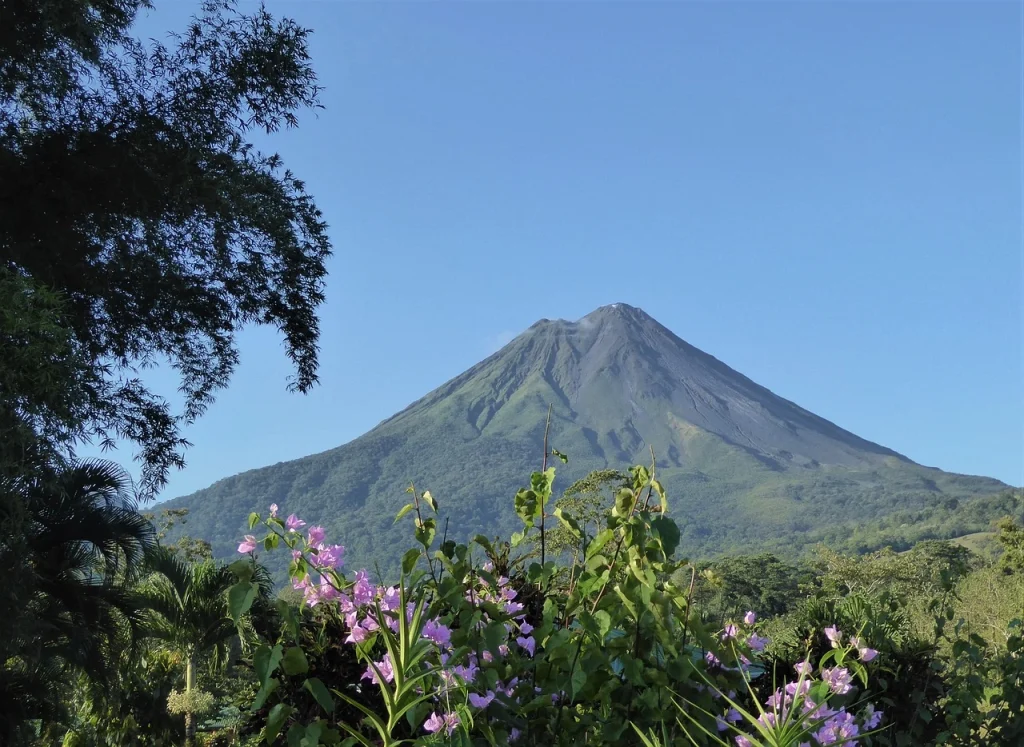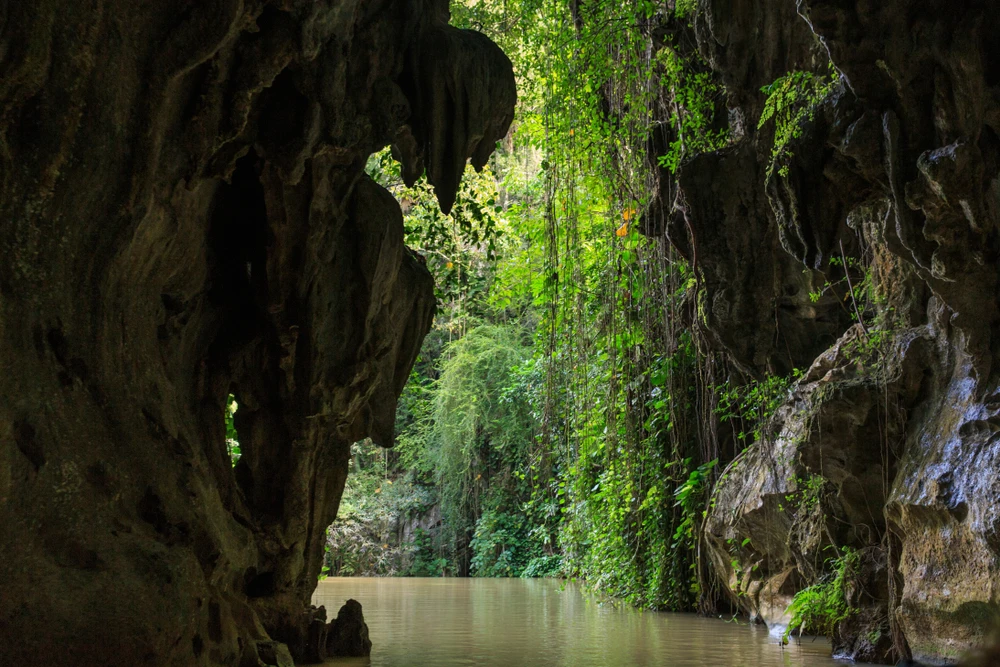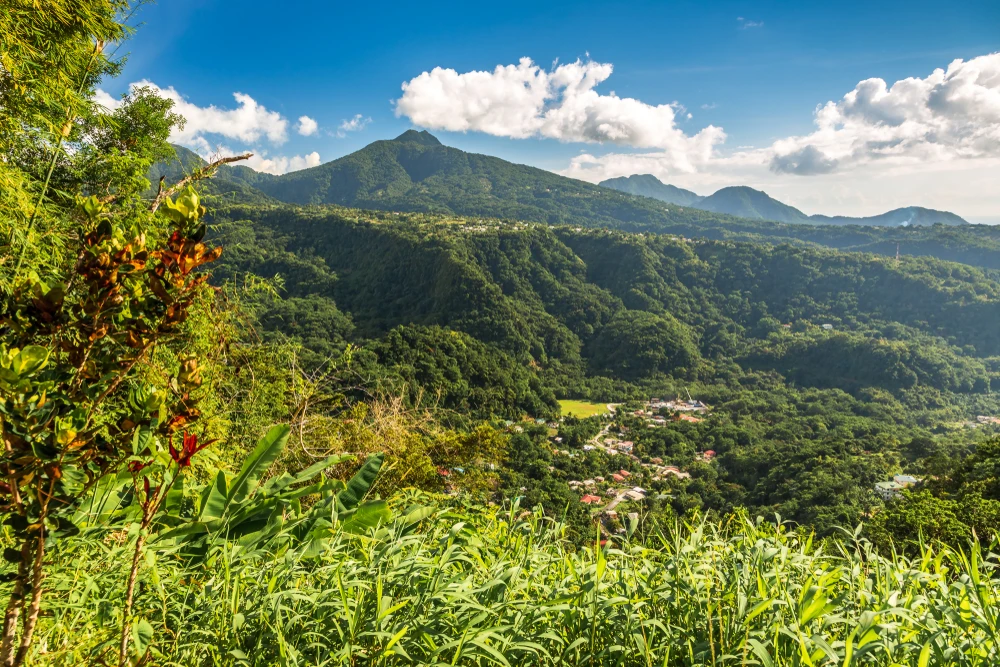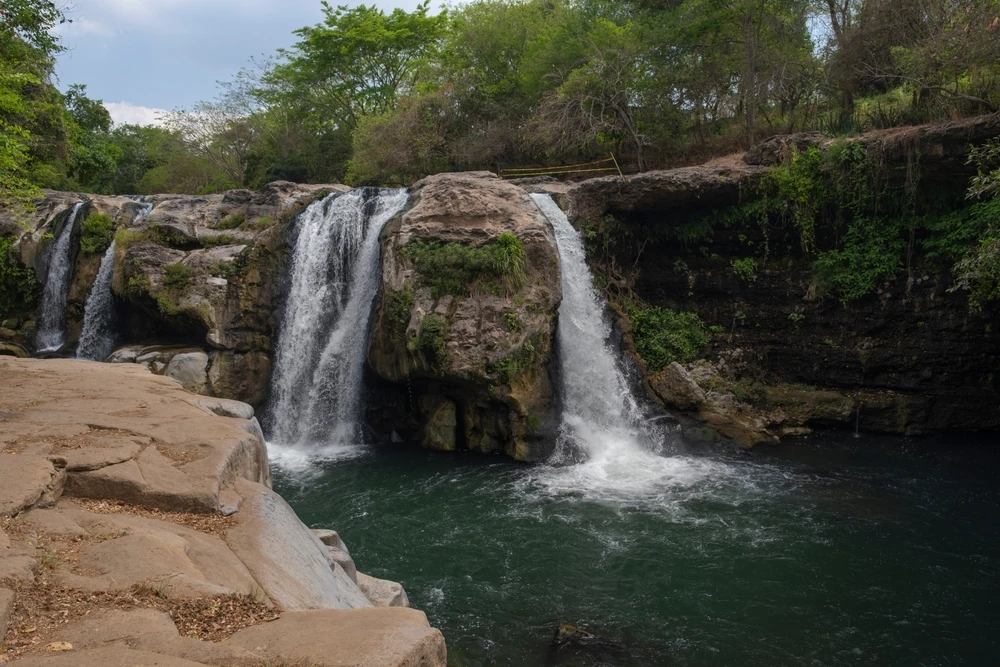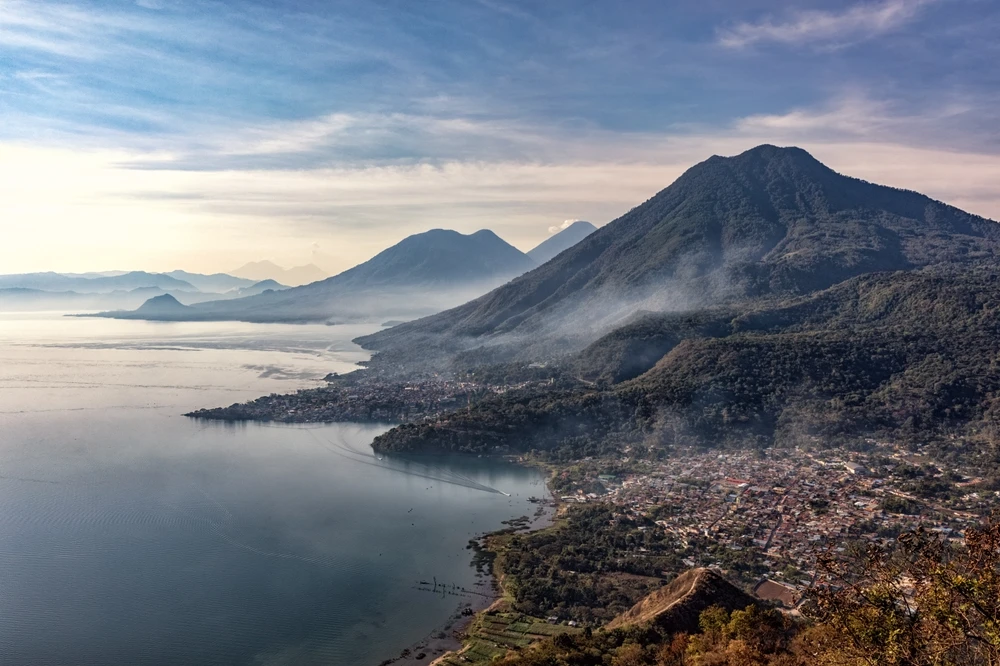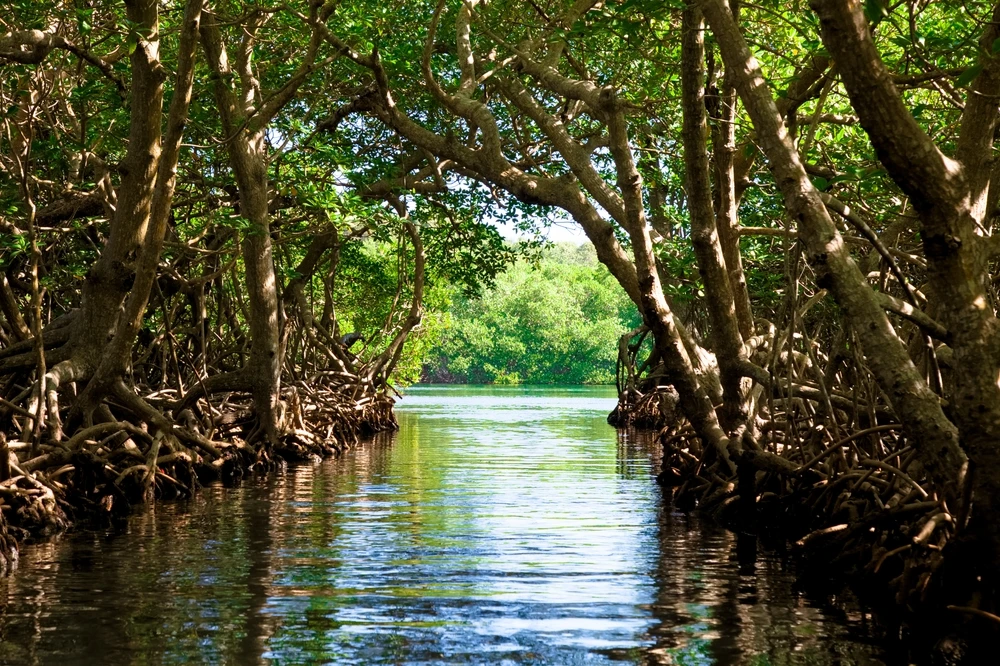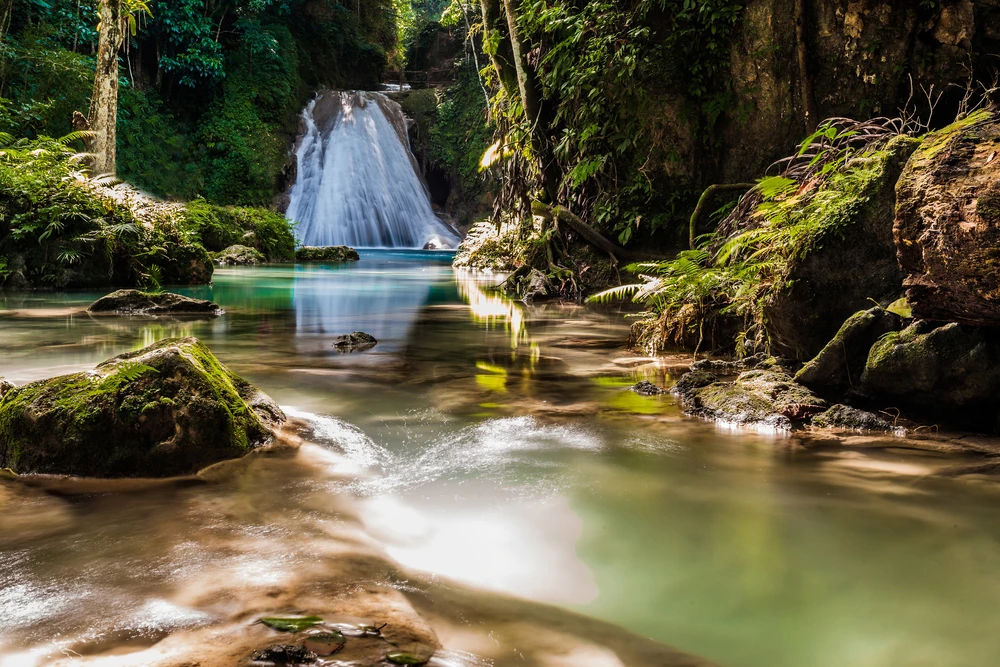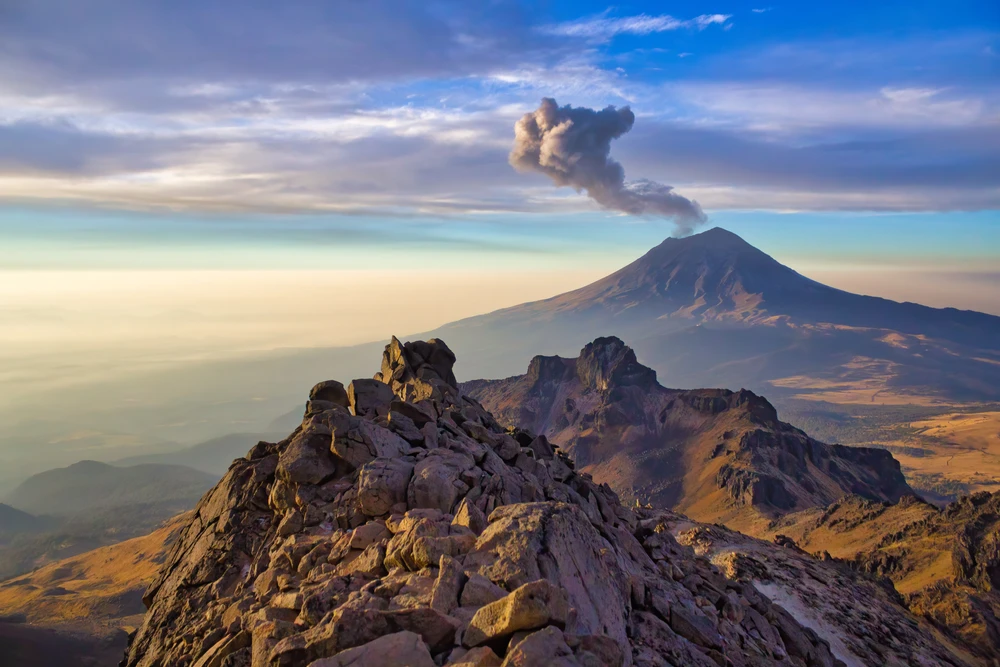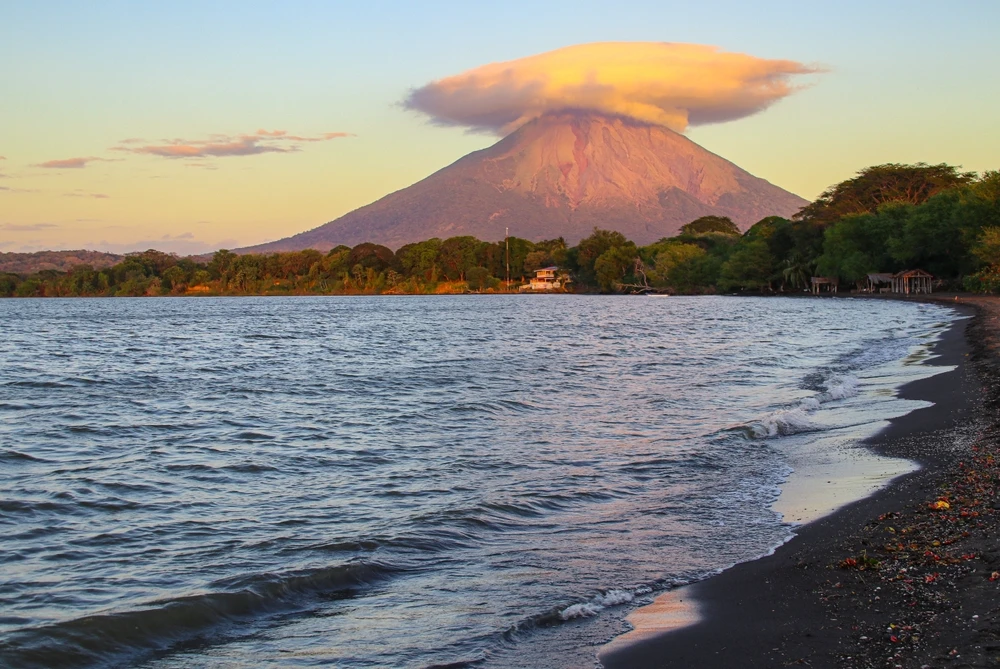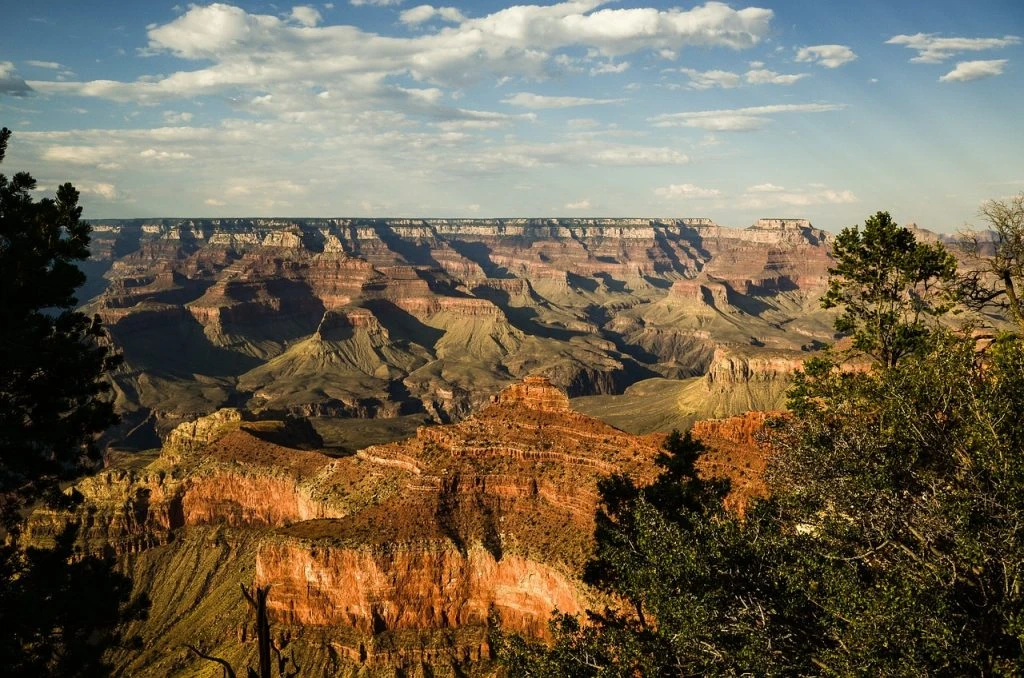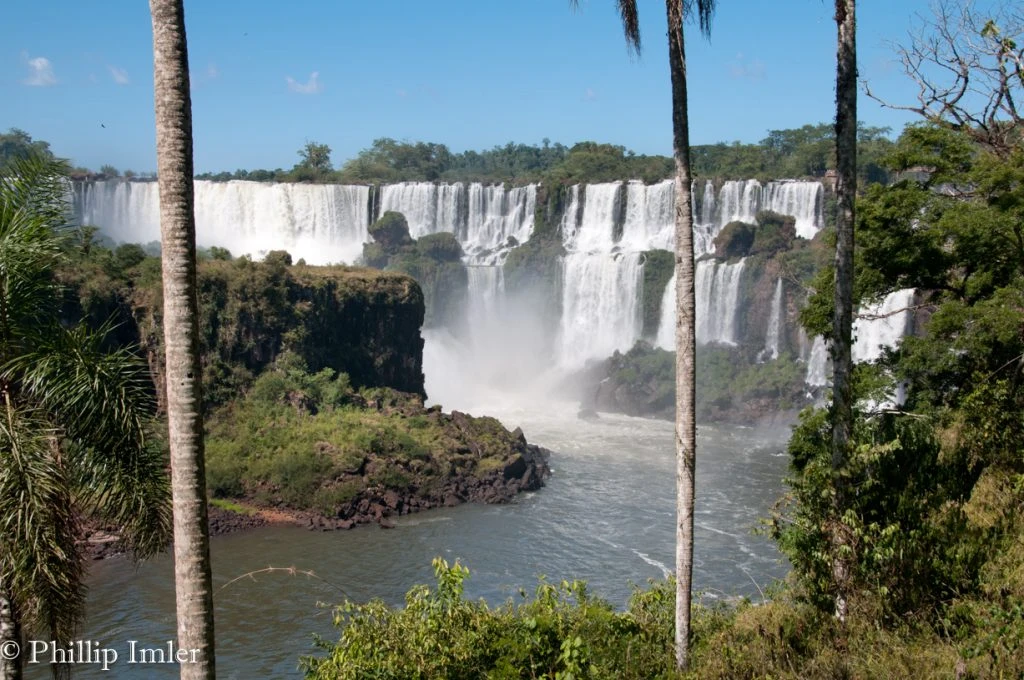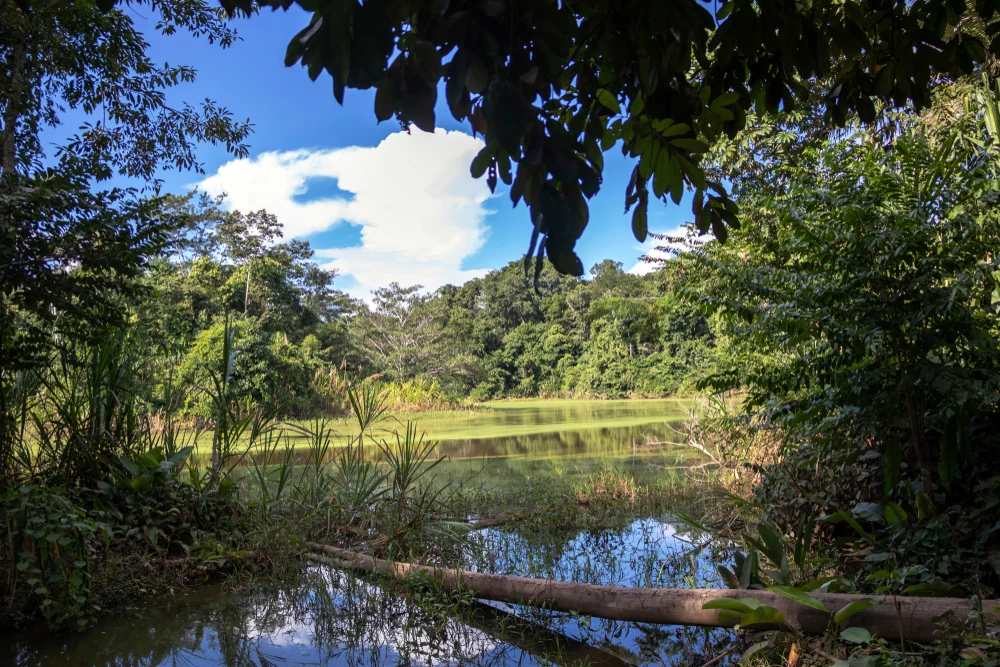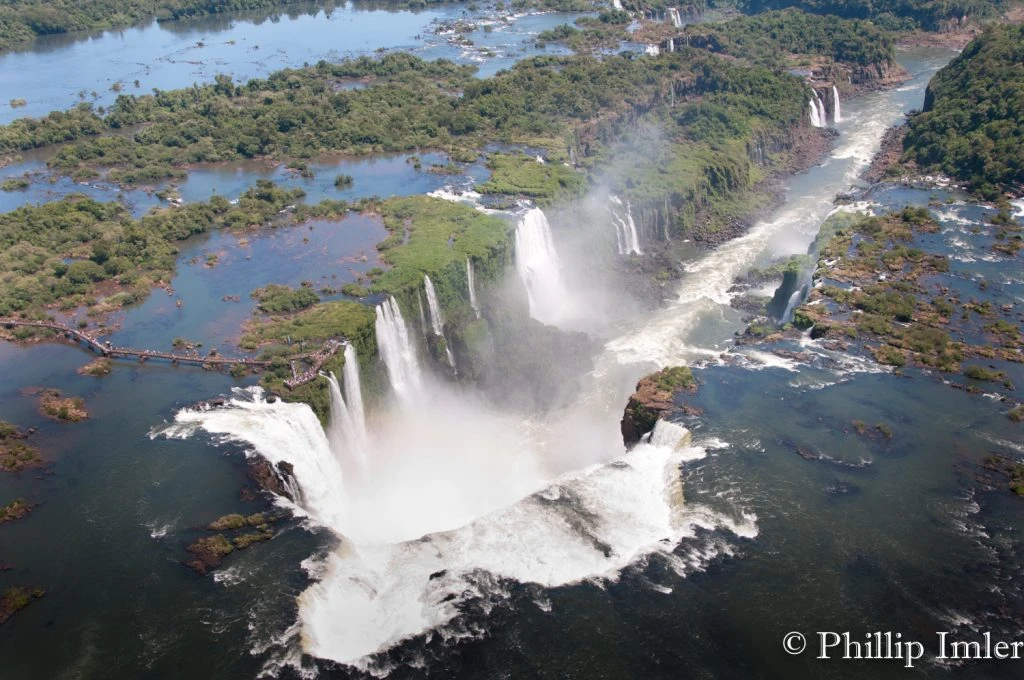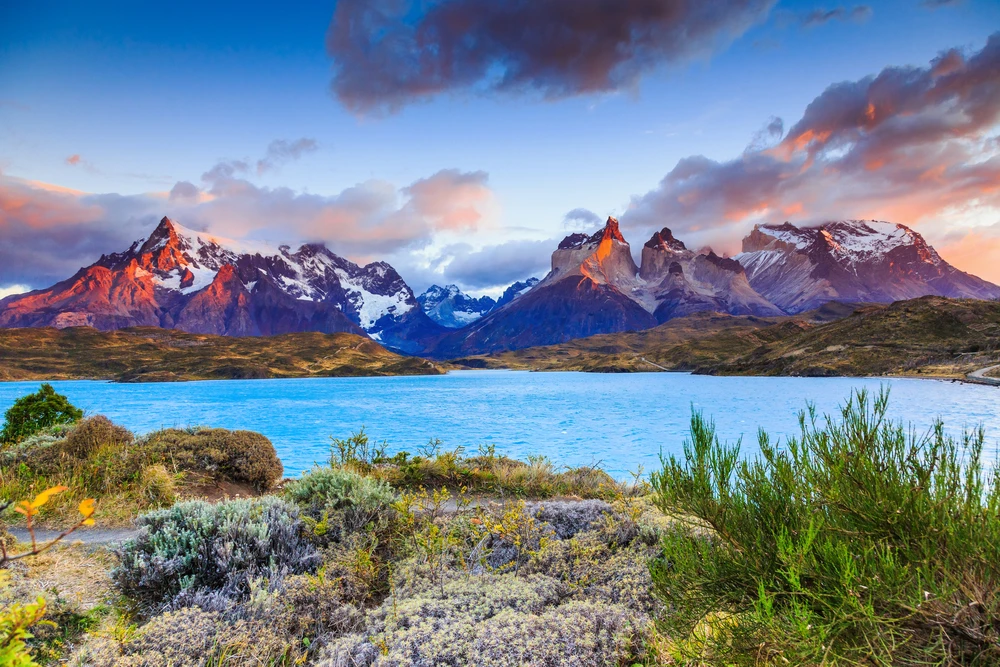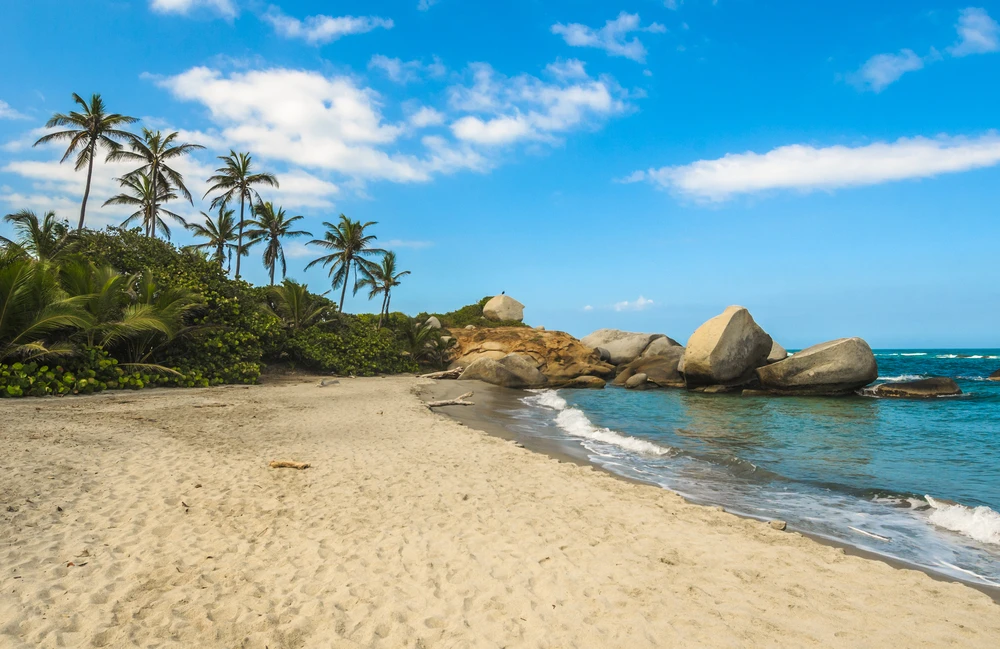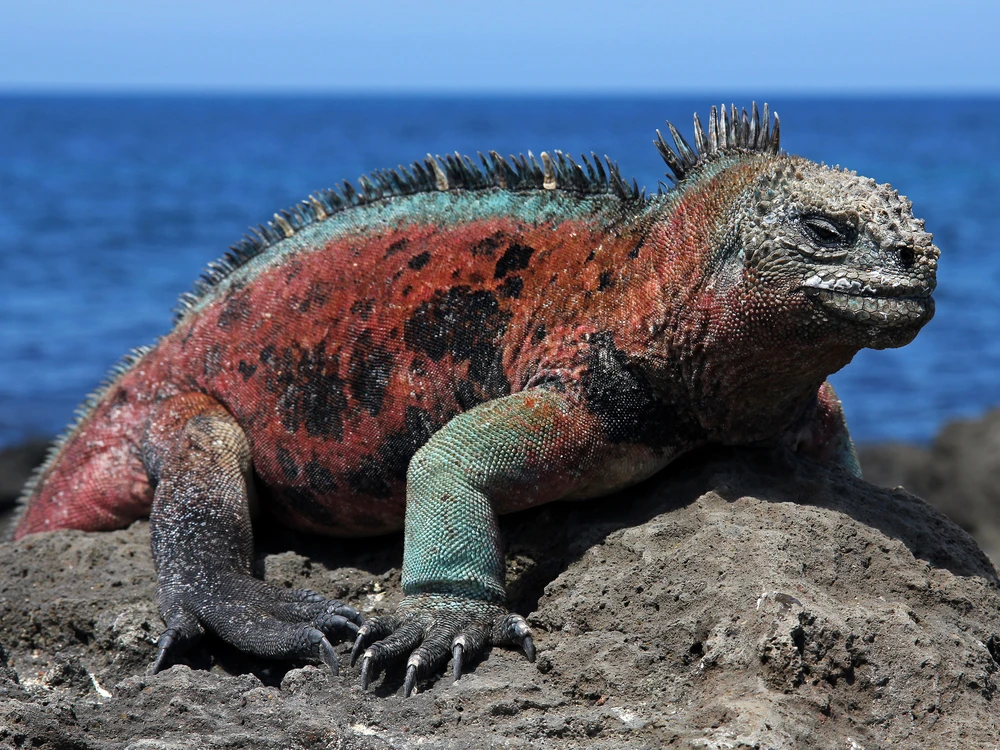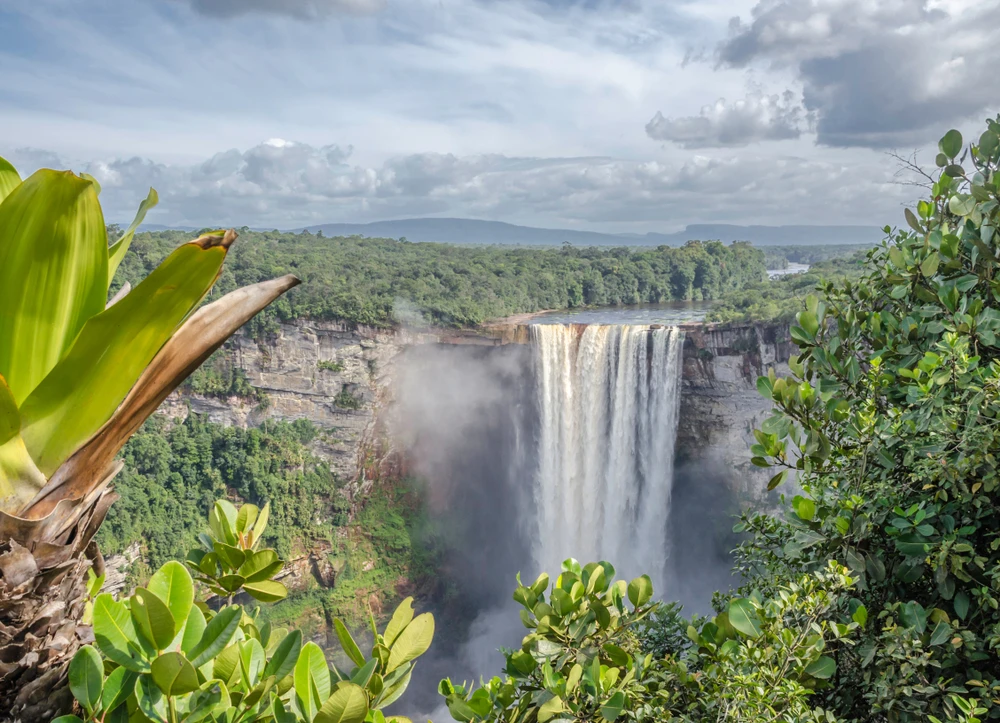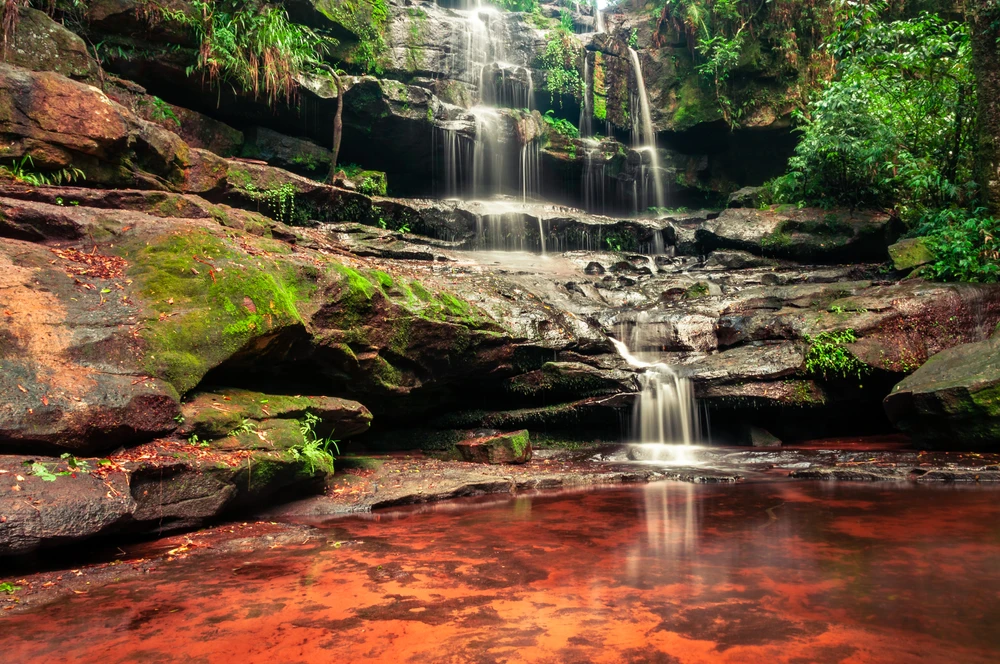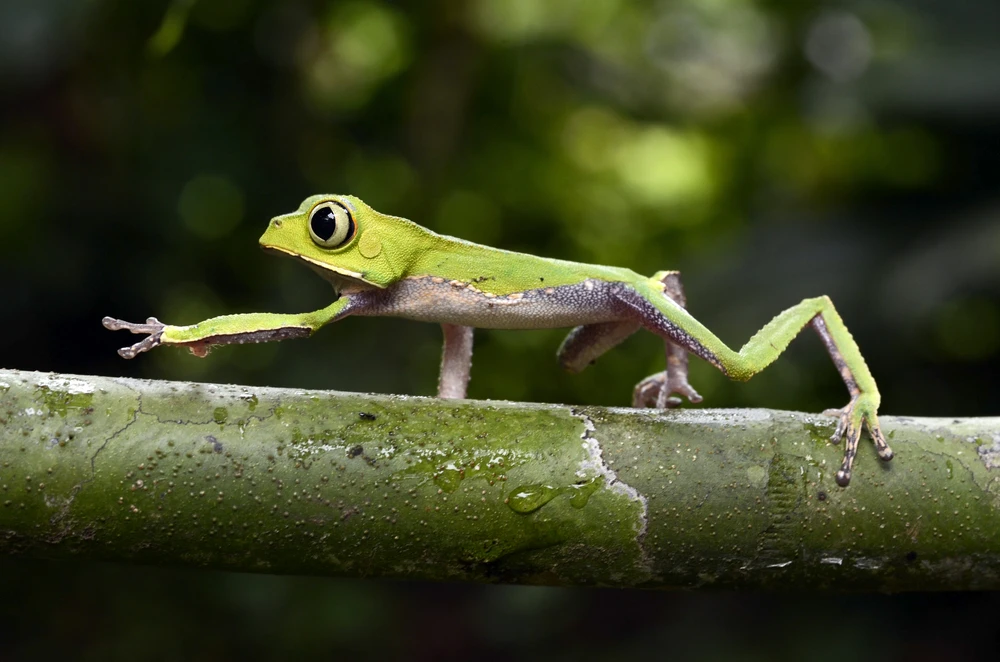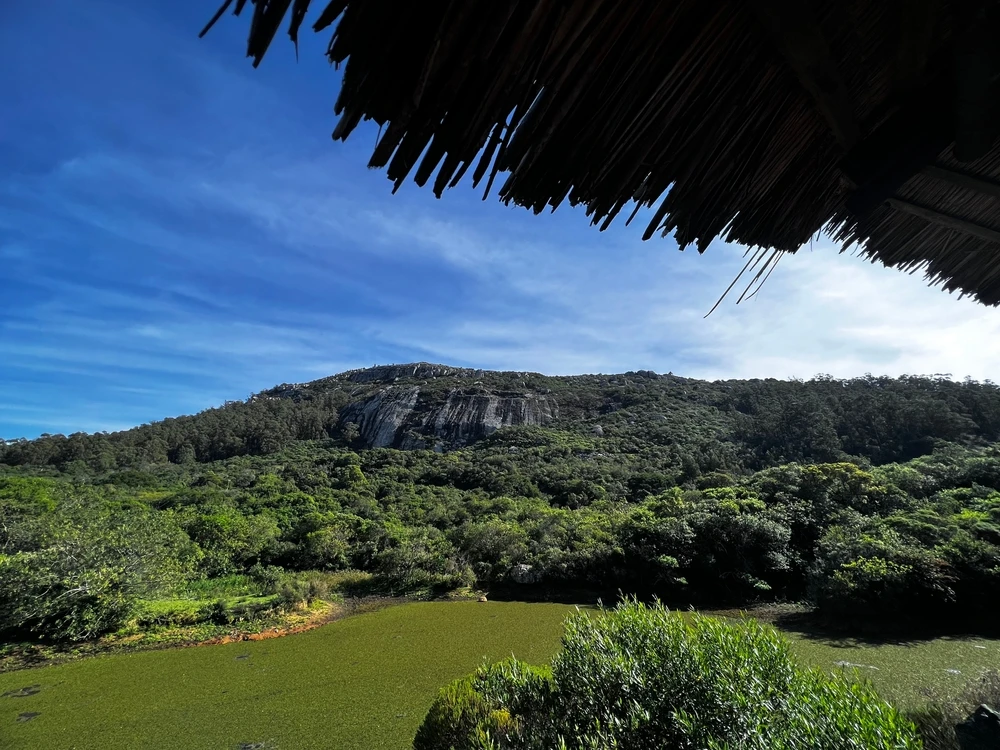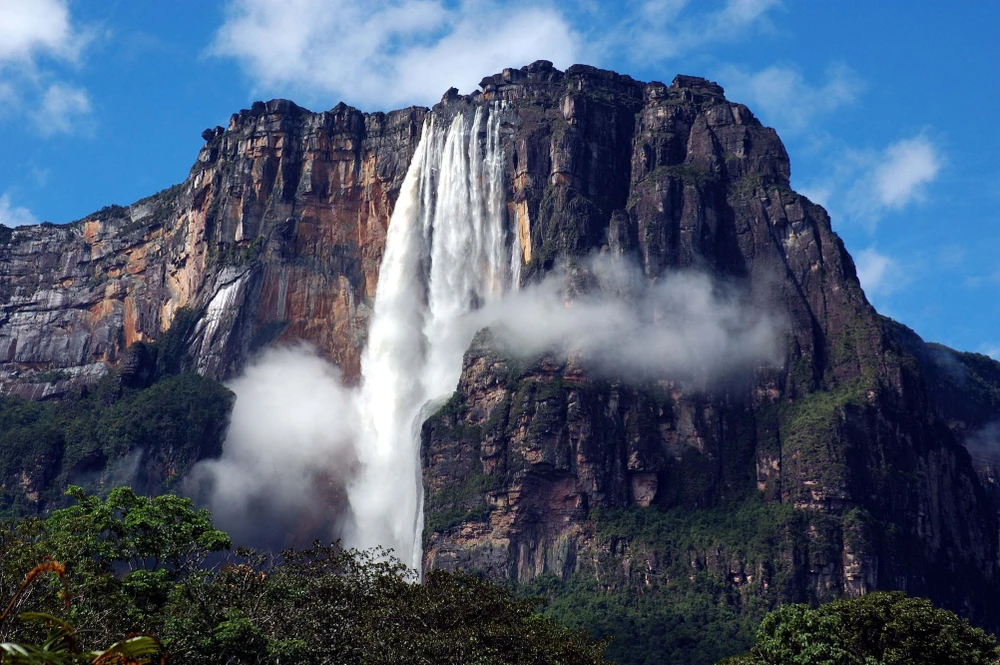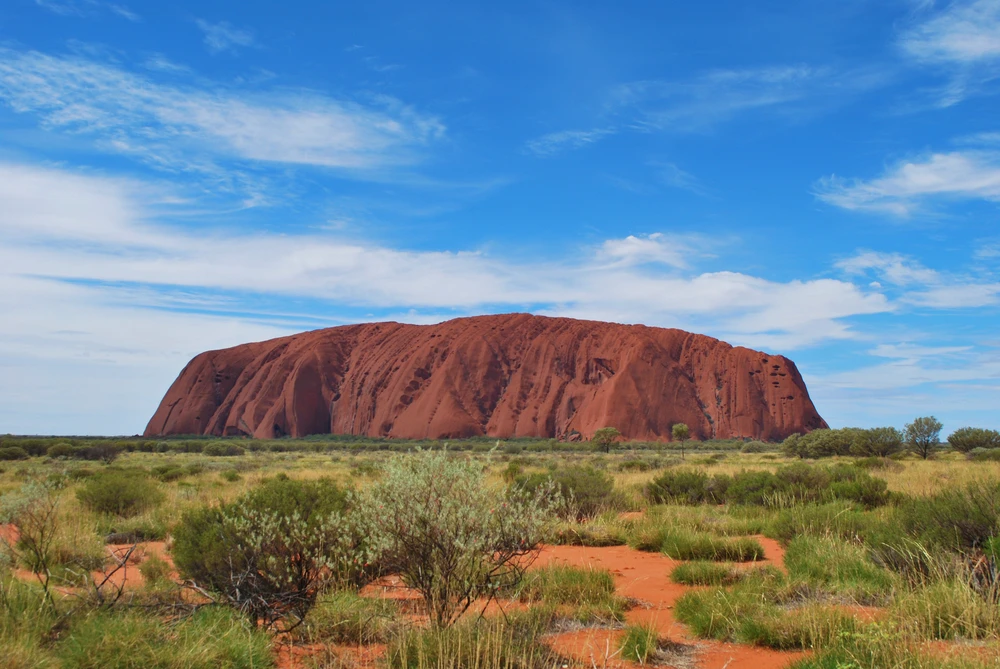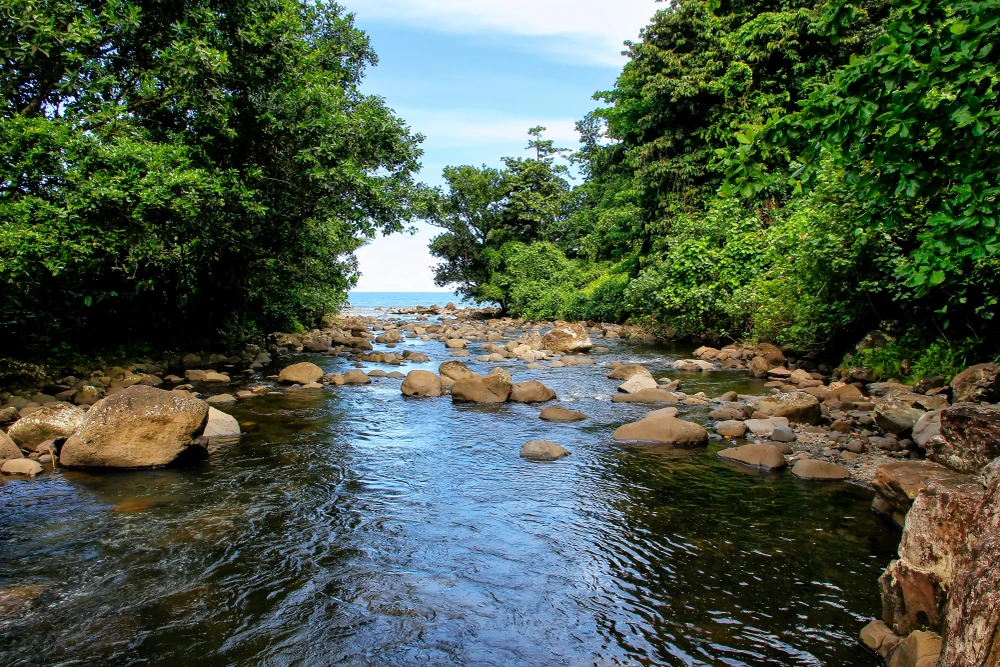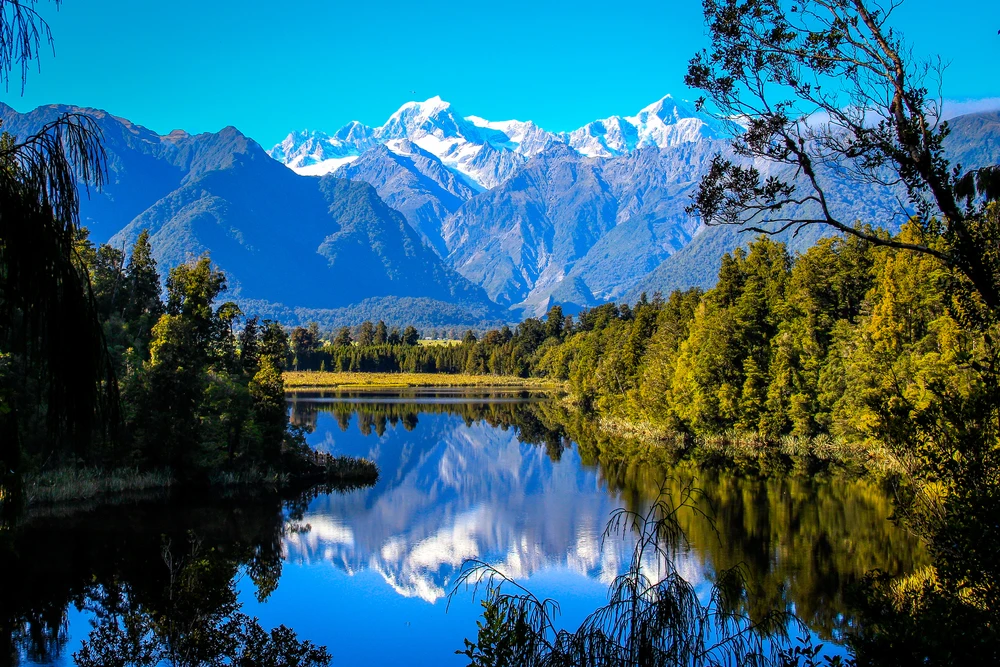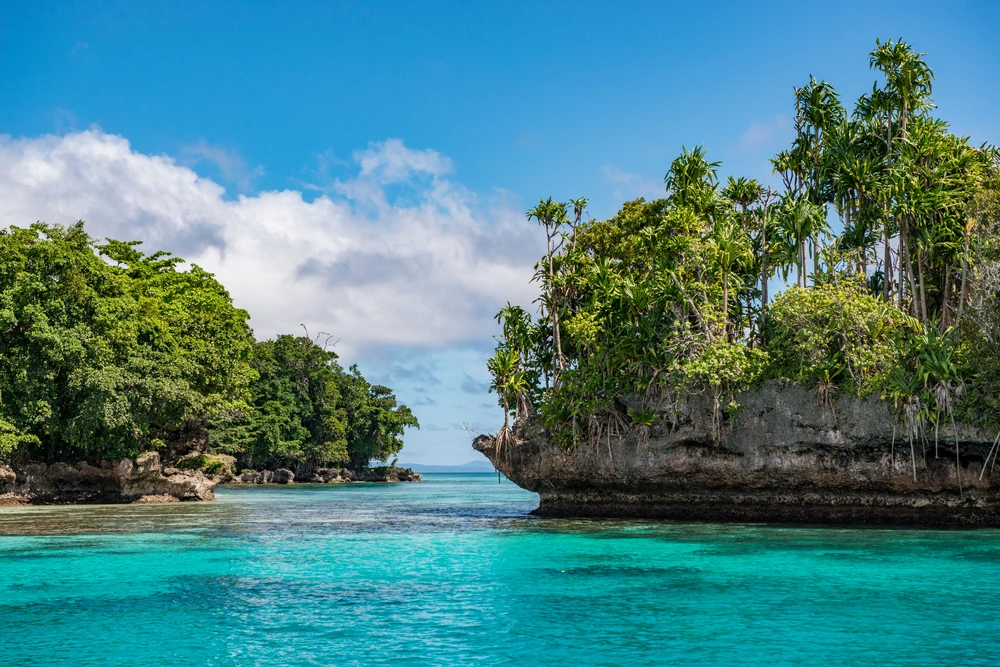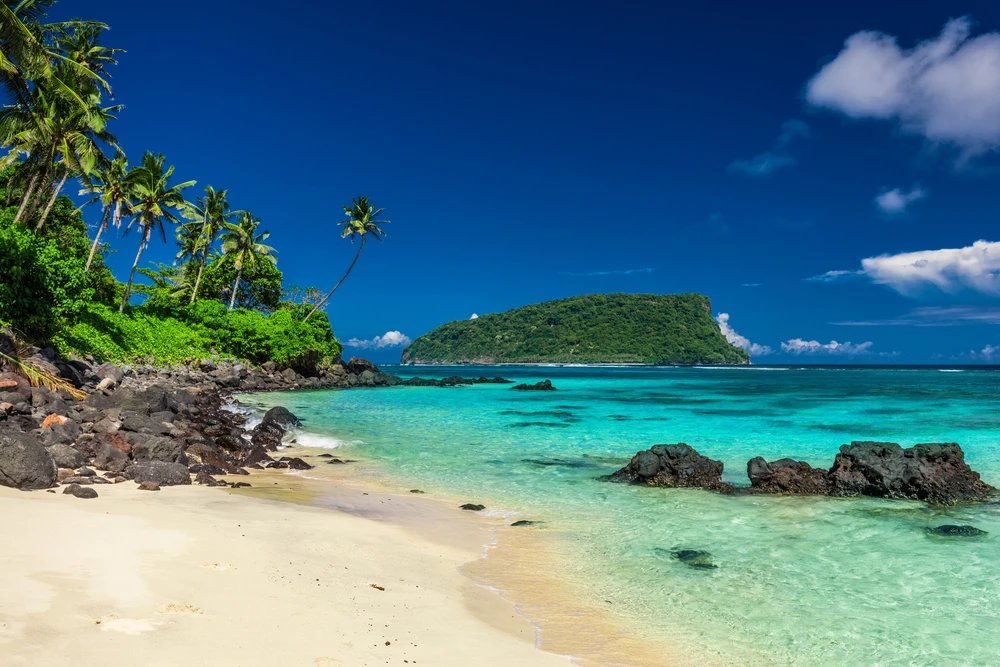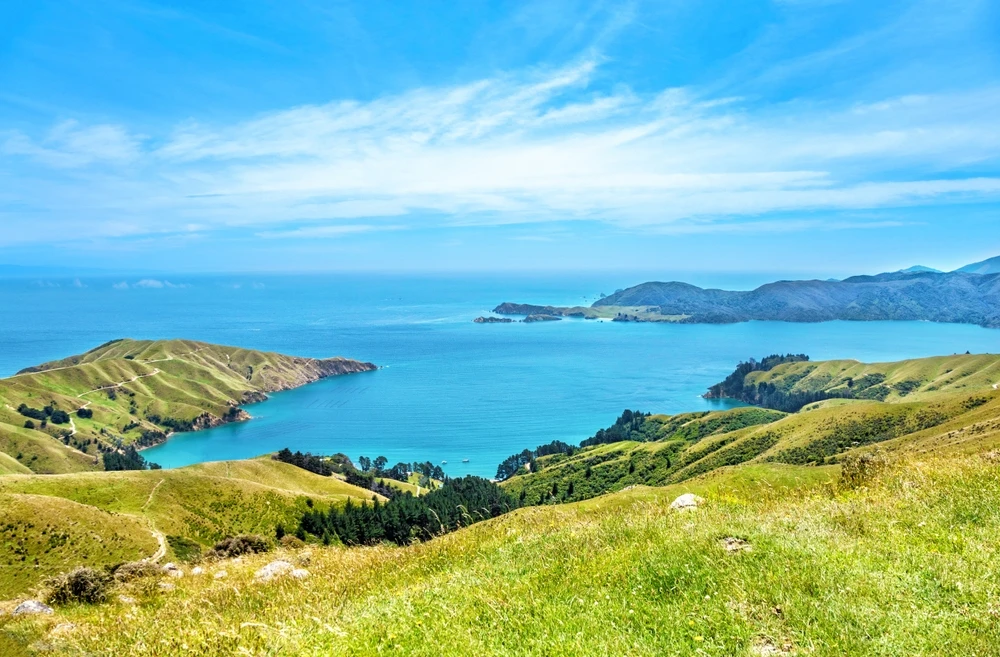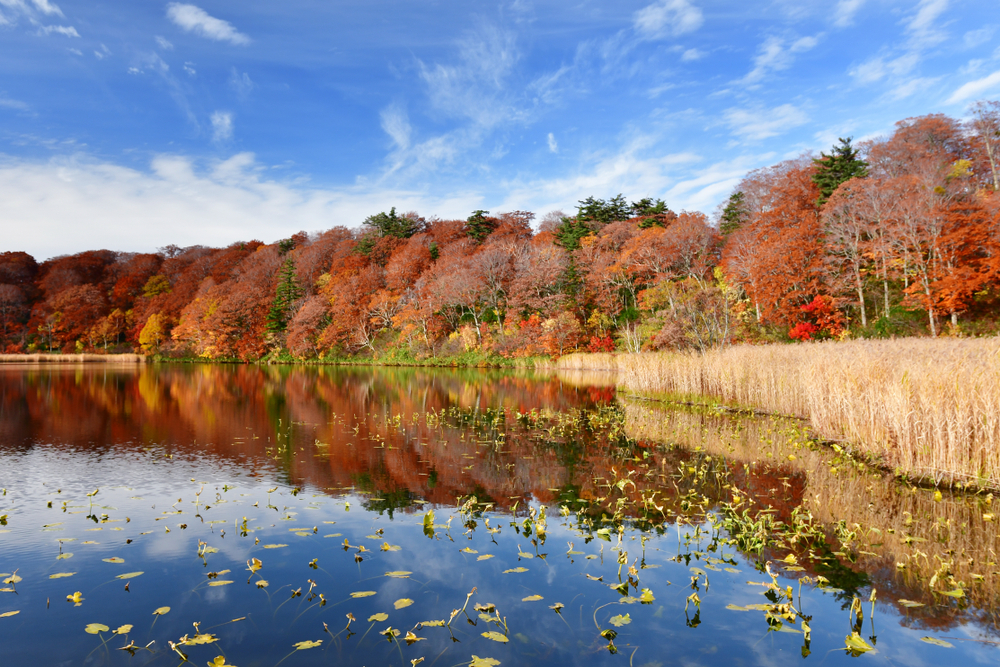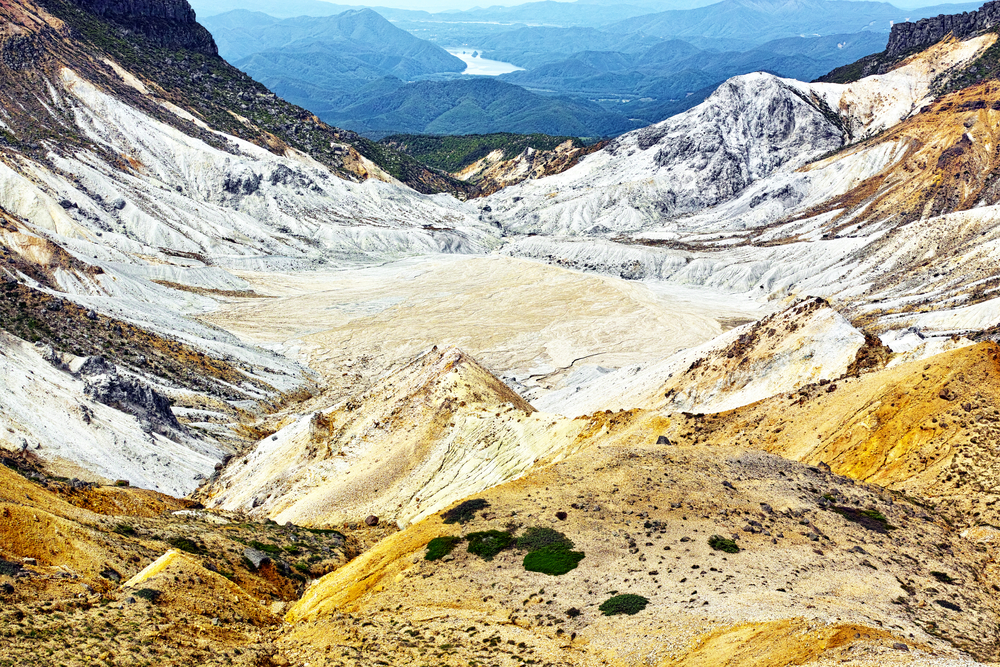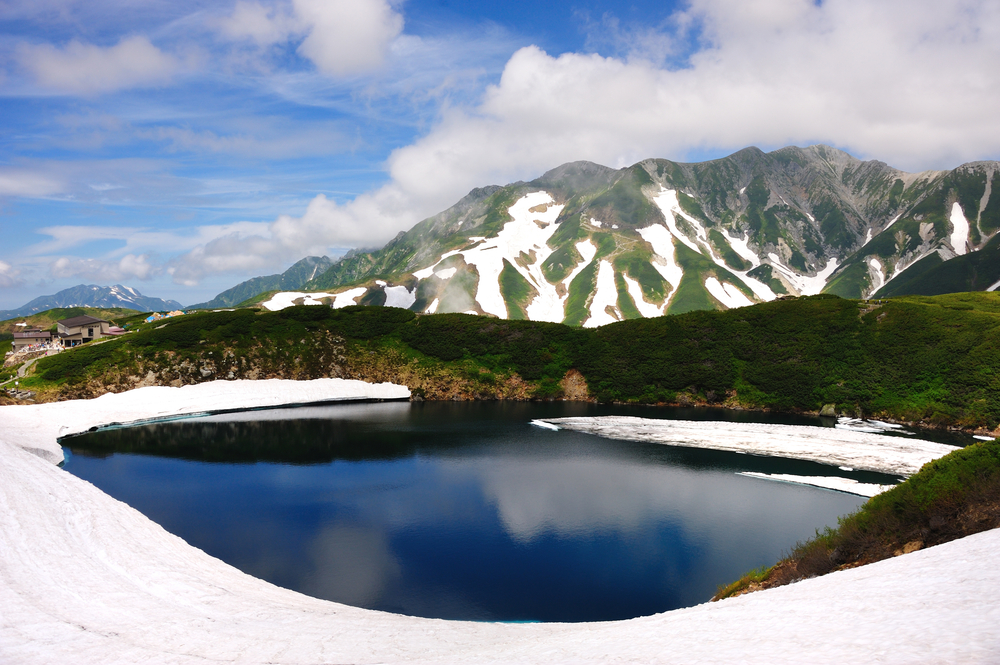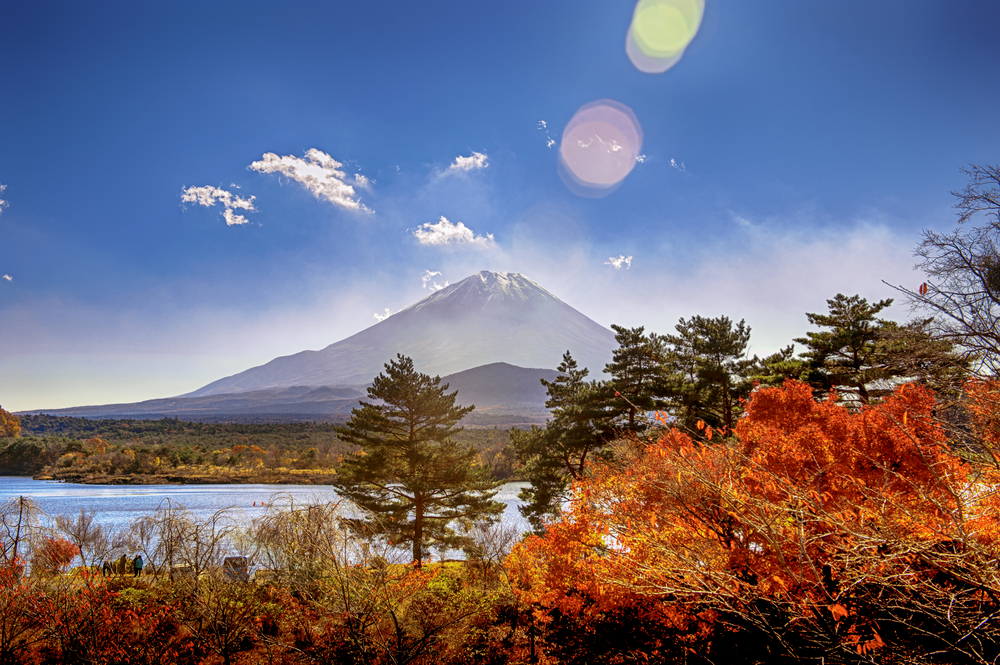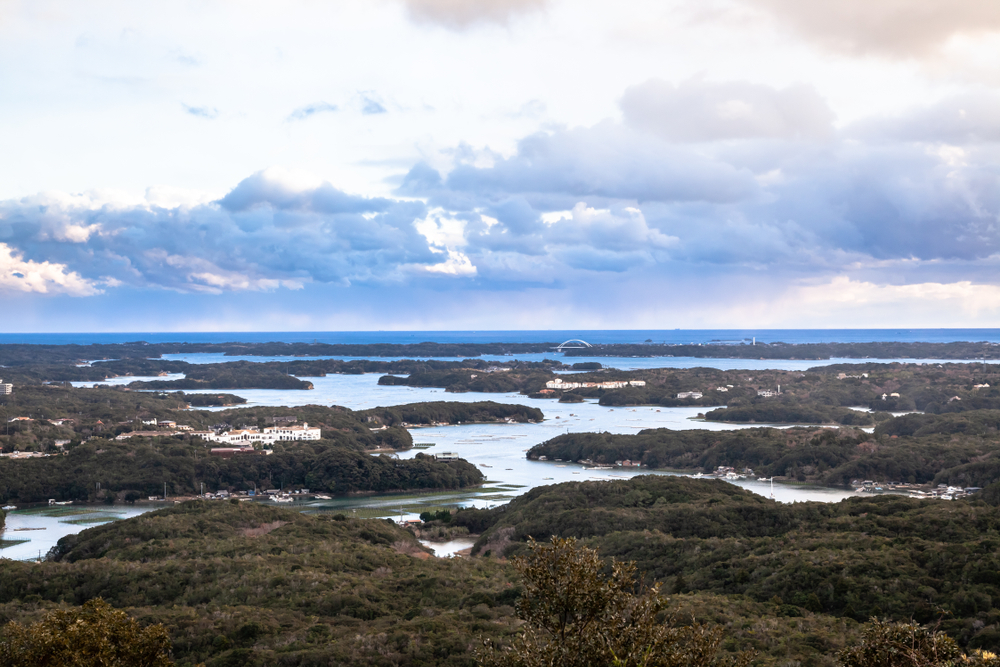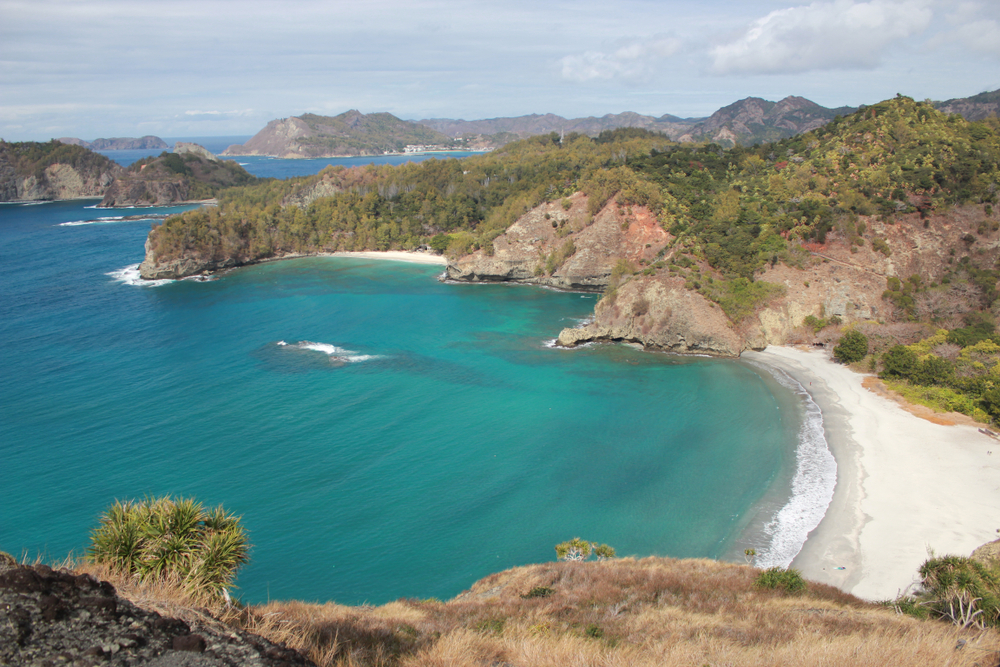Towada-Hachimantai Overview
Towada-Hachimantai National Park, known locally as 十和田八幡平国立公園 (Towada-Hachimantai Kokuritsu Kōen), spans an expansive 325 square miles (841 square kilometers) across northern Honshu in Japan. This stunning park straddles both Akita and Aomori Prefectures, with sections reaching into Iwate. It is celebrated for its diverse landscapes, ranging from serene lakes and volcanic plateaus to dense forests and active geothermal features. At its heart lies Lake Towada, a caldera lake formed by ancient volcanic activity, whose crystalline blue waters are surrounded by steep, forested cliffs. Nearby, the Oirase Gorge offers a breathtaking display of cascading waterfalls and moss-covered rocks, making it one of the most picturesque areas in the park. The Hachimantai Plateau, known for its volcanic terrain and marshlands, features fumaroles and hot springs that hint at the region’s geothermal energy, with Mt. Iwate providing a striking volcanic peak.
The vegetation in Towada-Hachimantai is lush and varied, transitioning from temperate deciduous forests of beech and maple to alpine flora on the higher elevations of Hachimantai. The forests are particularly spectacular in autumn when the foliage bursts into fiery hues of red, orange, and gold. The wetlands and marshes of the plateau add another layer of ecological richness, hosting unique plant species adapted to the damp environment.
Wildlife enthusiasts will find Towada-Hachimantai National Park a haven for diverse fauna. The park is home to Japanese black bears, sika deer, and Japanese macaques, all of which thrive in its pristine environment. Bird watchers will delight in spotting species such as the Japanese bush warbler, great spotted woodpecker, and migratory waterfowl near the lakes and marshes. In winter, the rugged beauty of the park is heightened as snow blankets the landscape, offering glimpses of wildlife adapted to the cold.
Among the park’s highlights, Lake Towada stands as a crown jewel, with scenic cruises available for visitors to immerse themselves in its tranquil beauty. The Oirase Gorge’s hiking trails provide a chance to experience the enchanting waterfalls up close, while the Hachimantai region is renowned for its hot spring resorts, such as Goshogake Onsen, offering relaxation amid geothermal wonders. Outdoor enthusiasts can enjoy hiking, cycling, and even snowshoeing in the winter months, with trails catering to all skill levels.
Towada-Hachimantai faces conservation challenges, including managing the impact of tourism on its fragile ecosystems and mitigating the effects of climate change. However, the park has made strides in balancing visitor access with environmental stewardship. Programs aimed at restoring wetlands, protecting endangered species, and educating visitors about sustainable practices have been successful in preserving its natural beauty. Collaborative efforts among local communities, government agencies, and conservation organizations have ensured that Towada-Hachimantai remains a pristine refuge for nature and wildlife.


